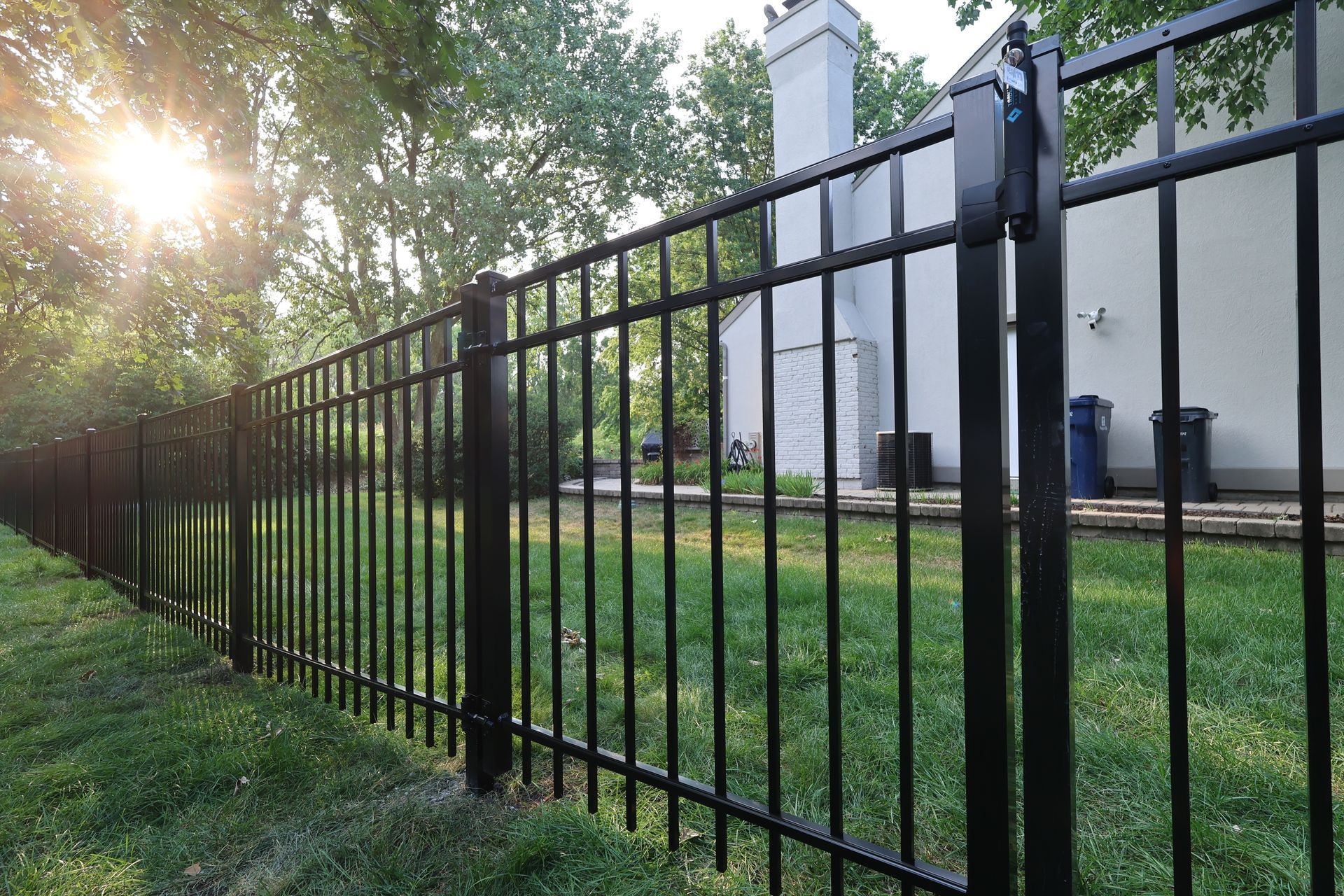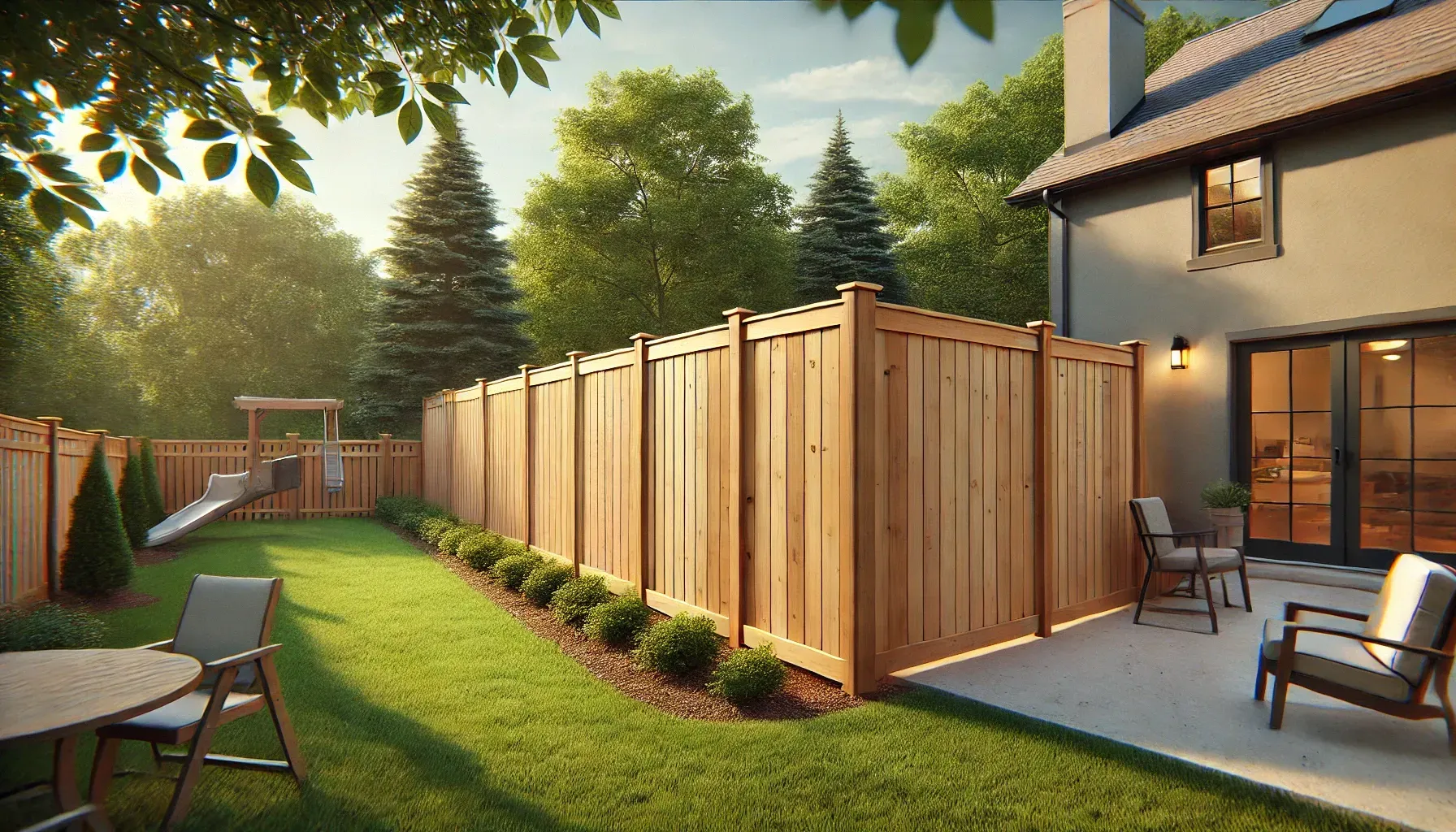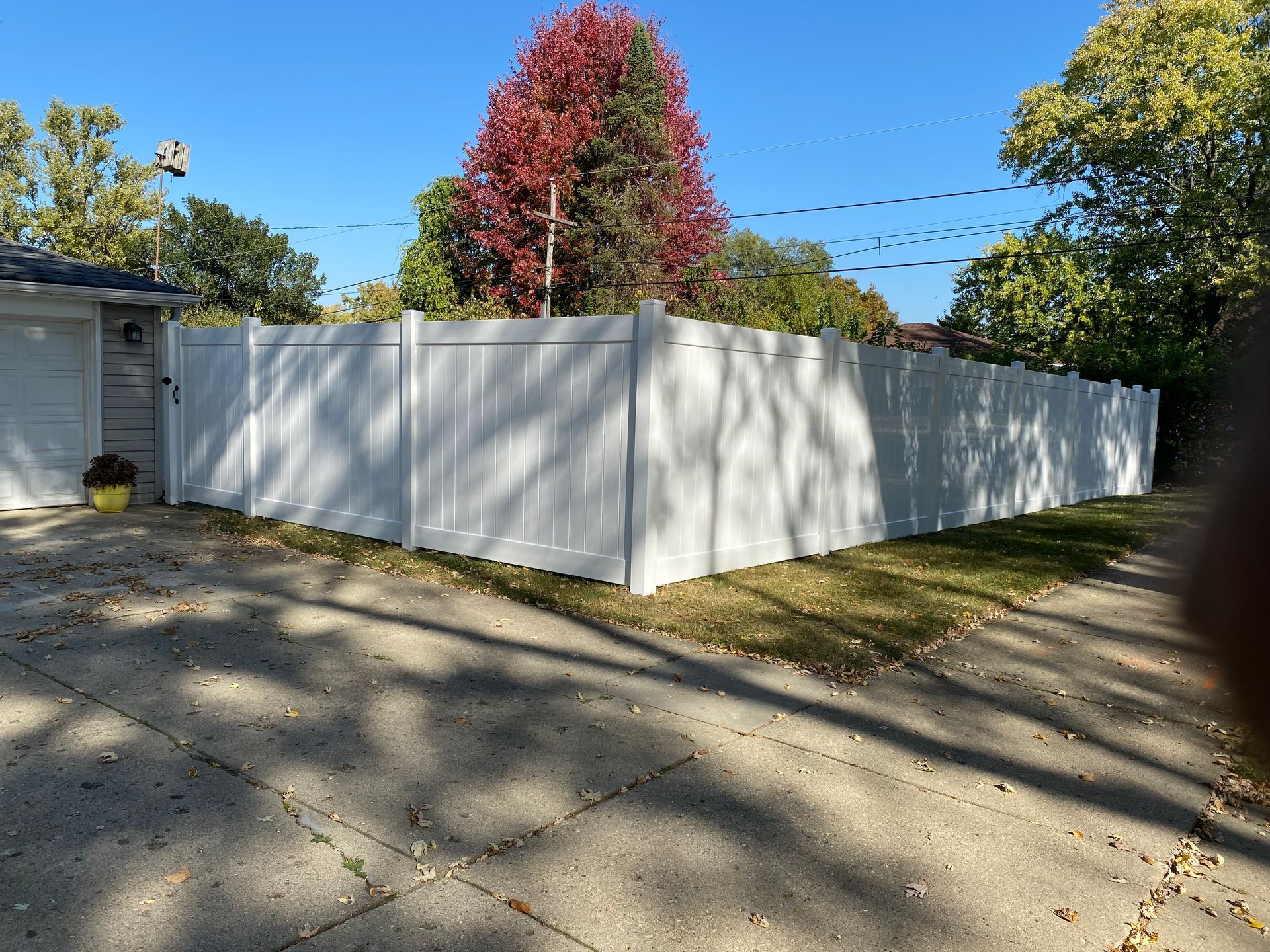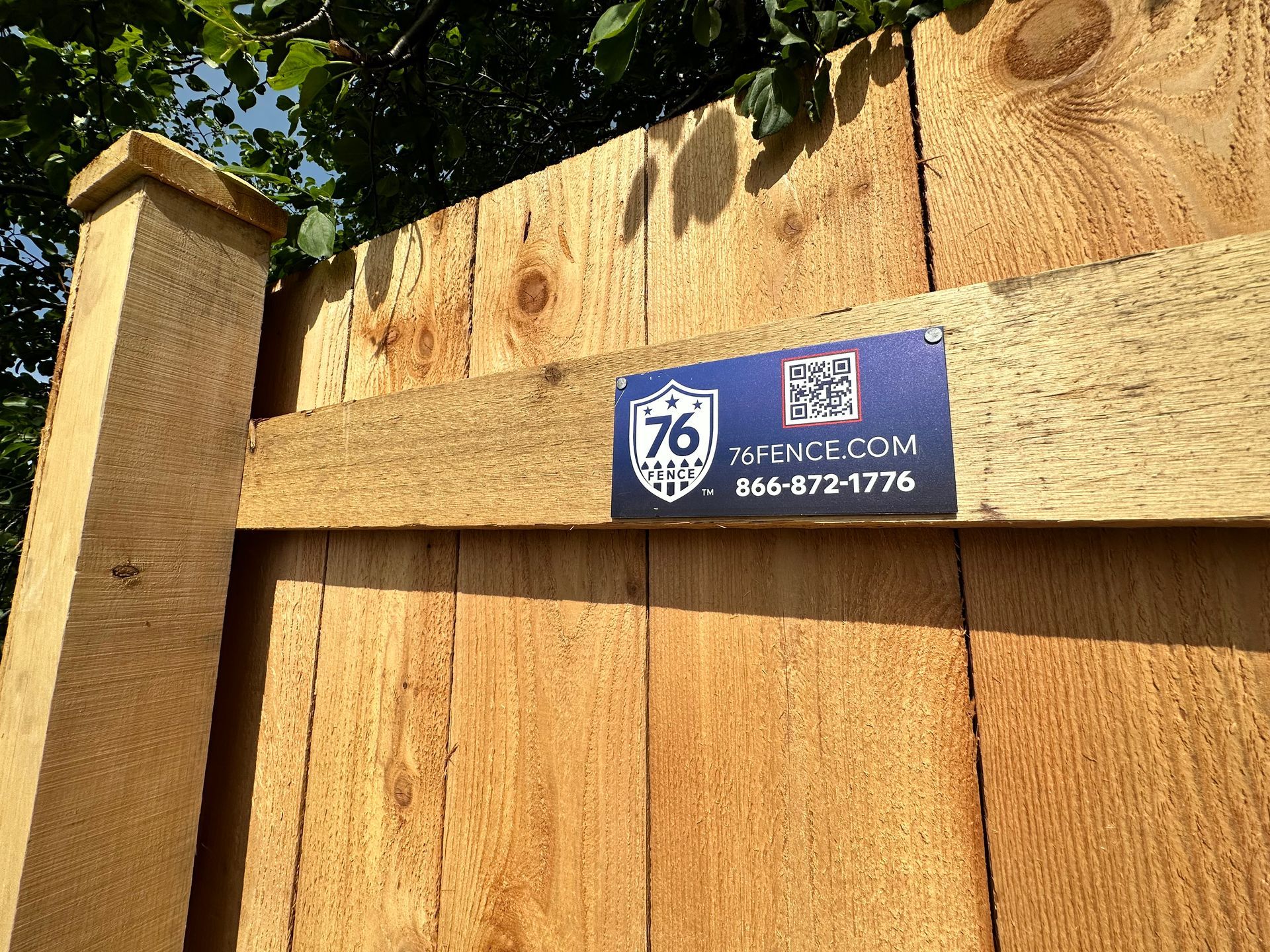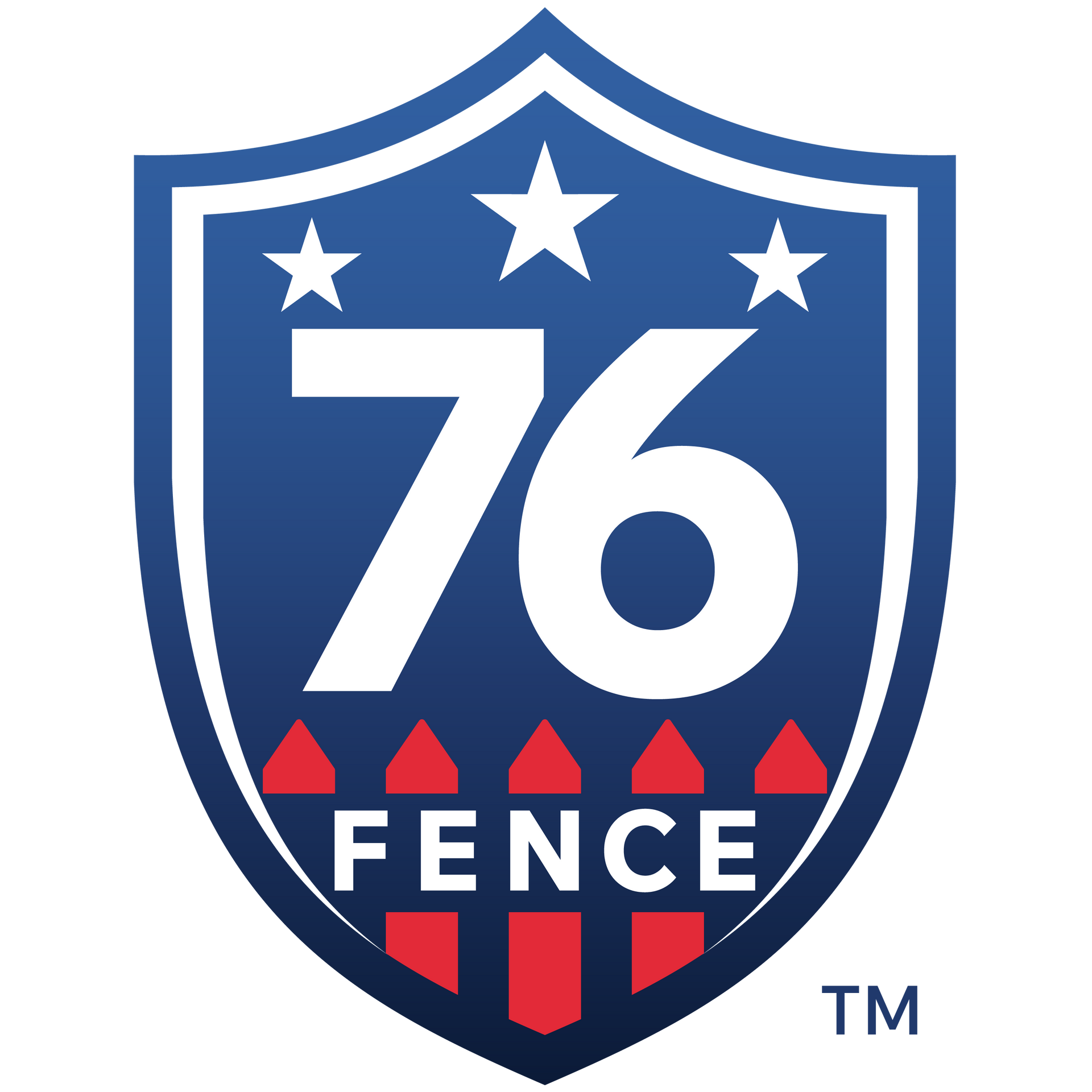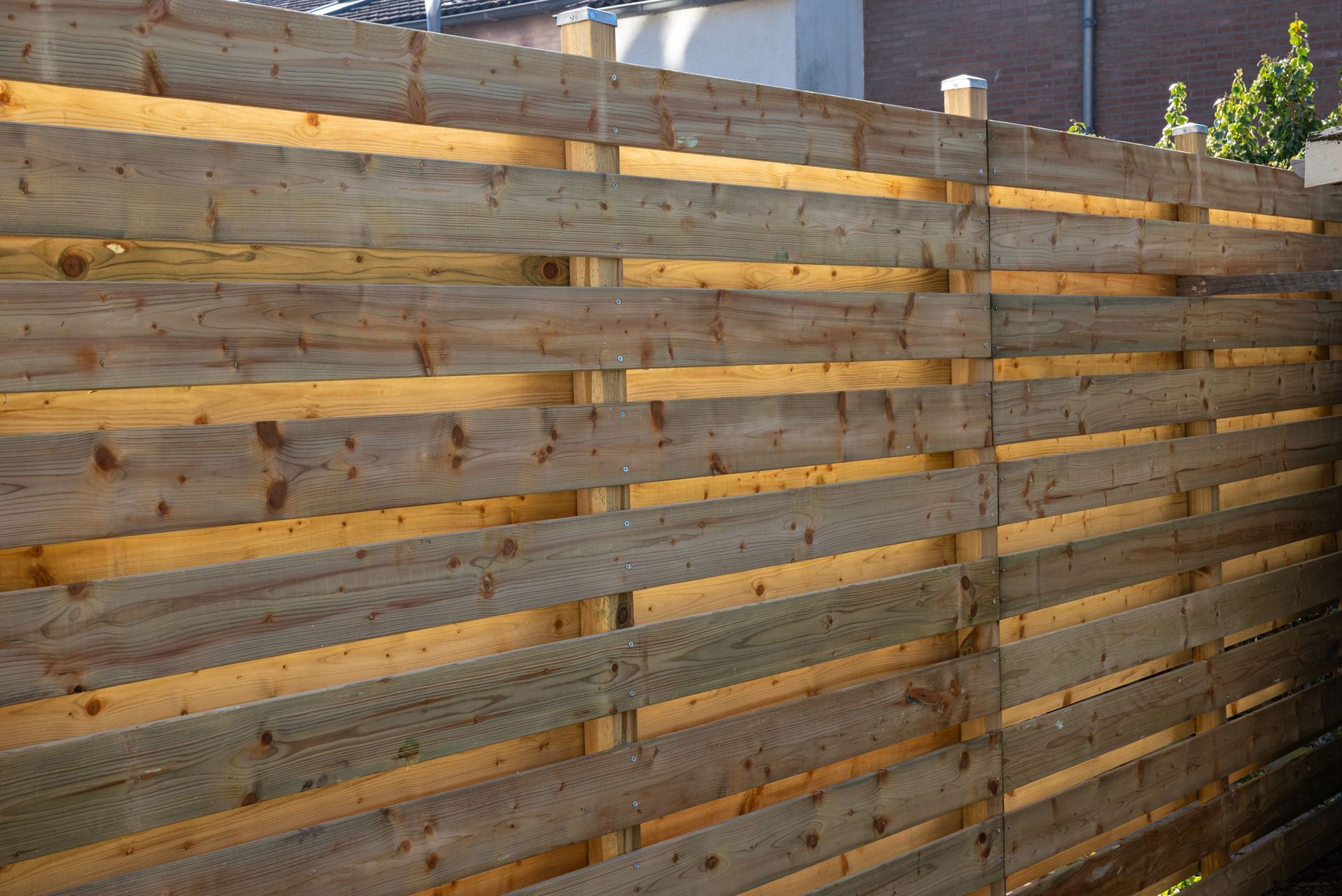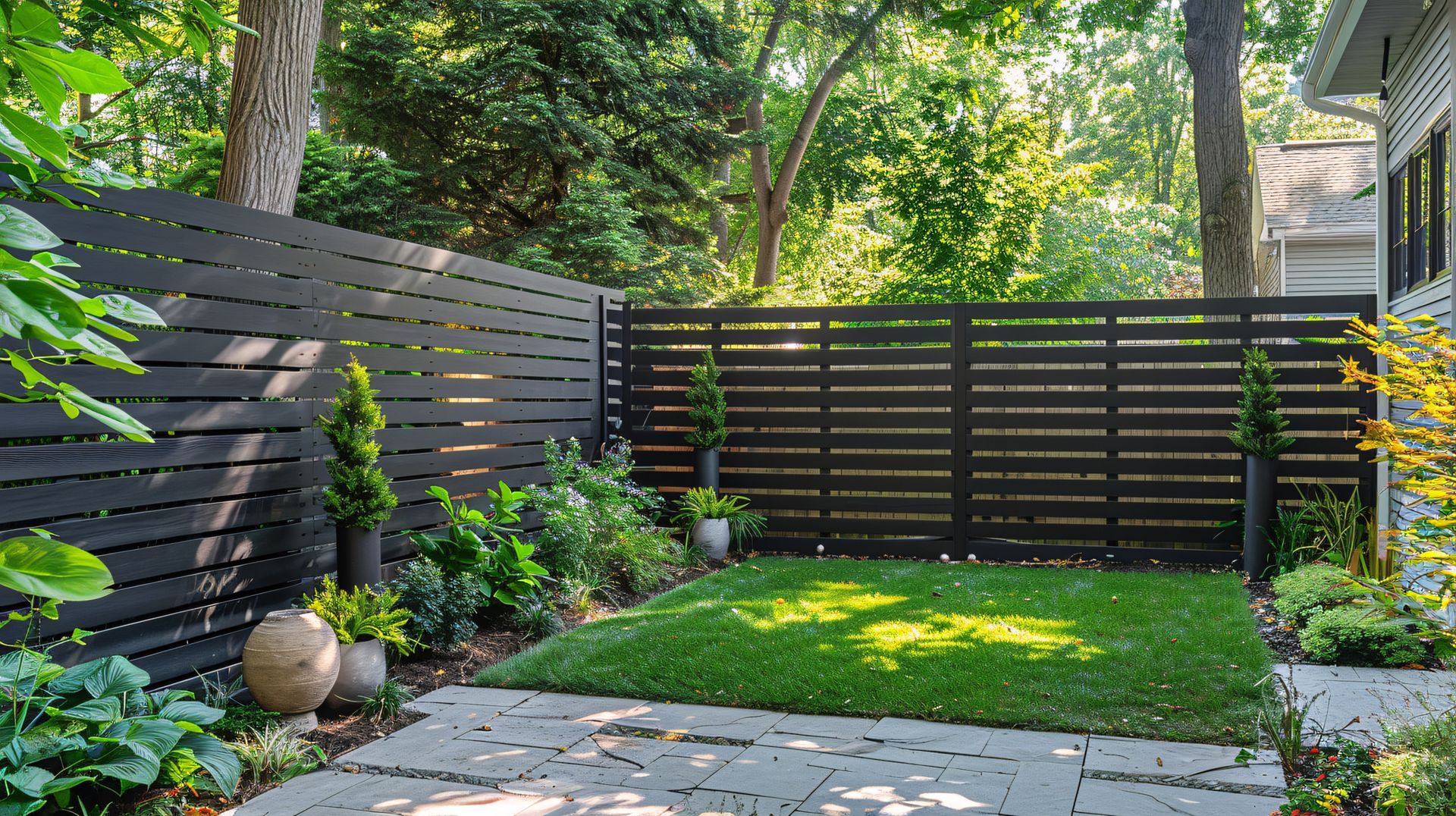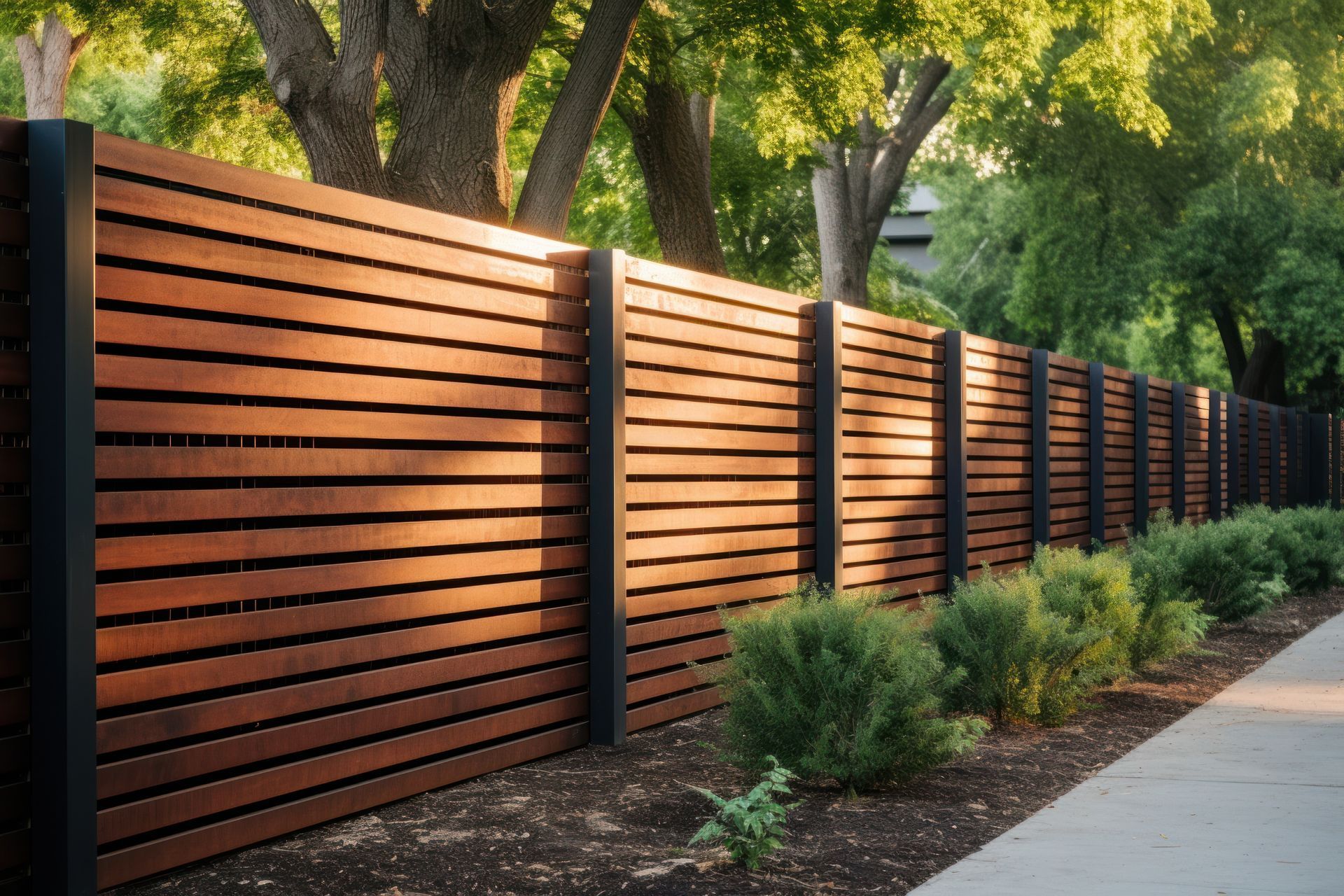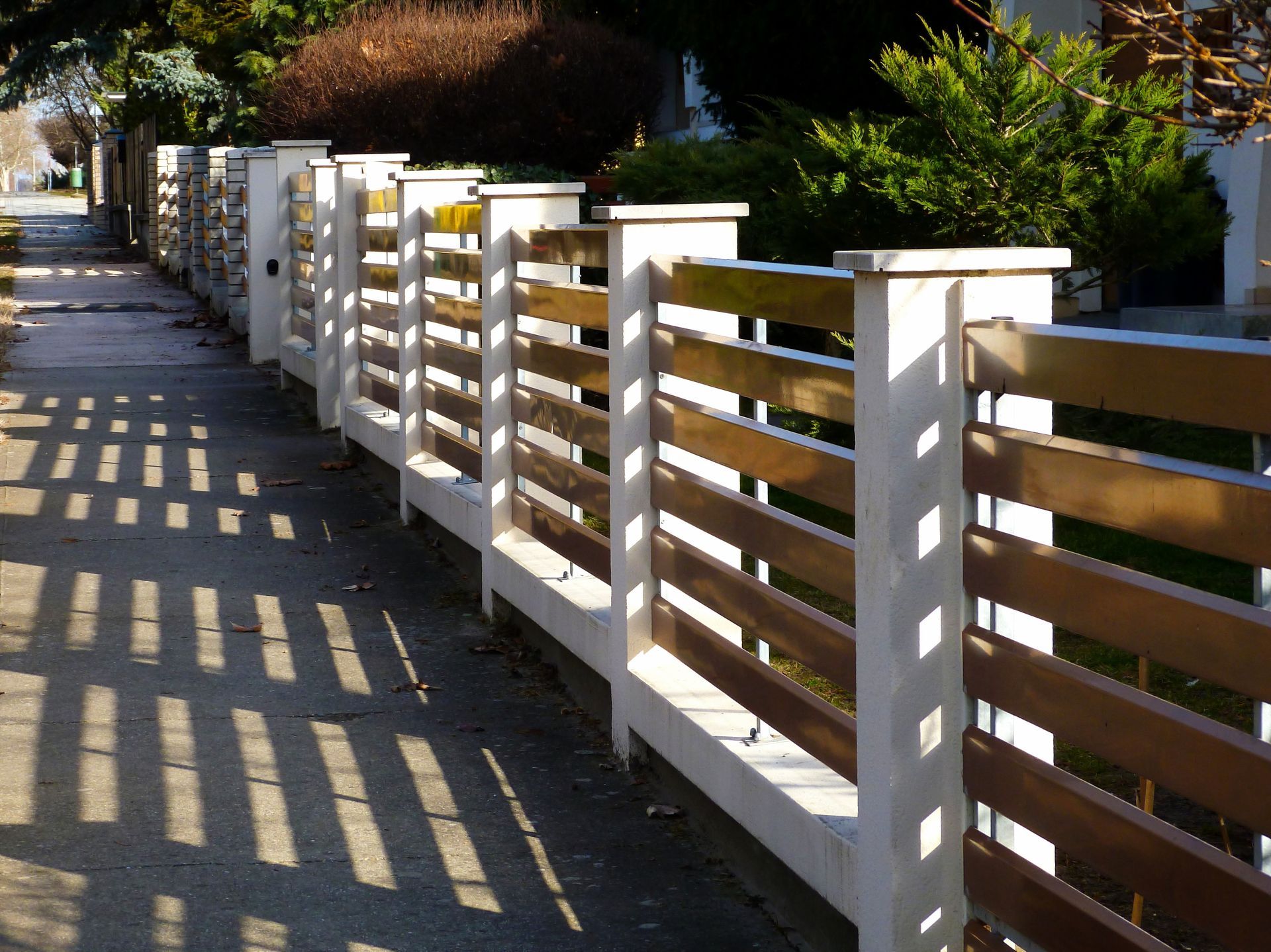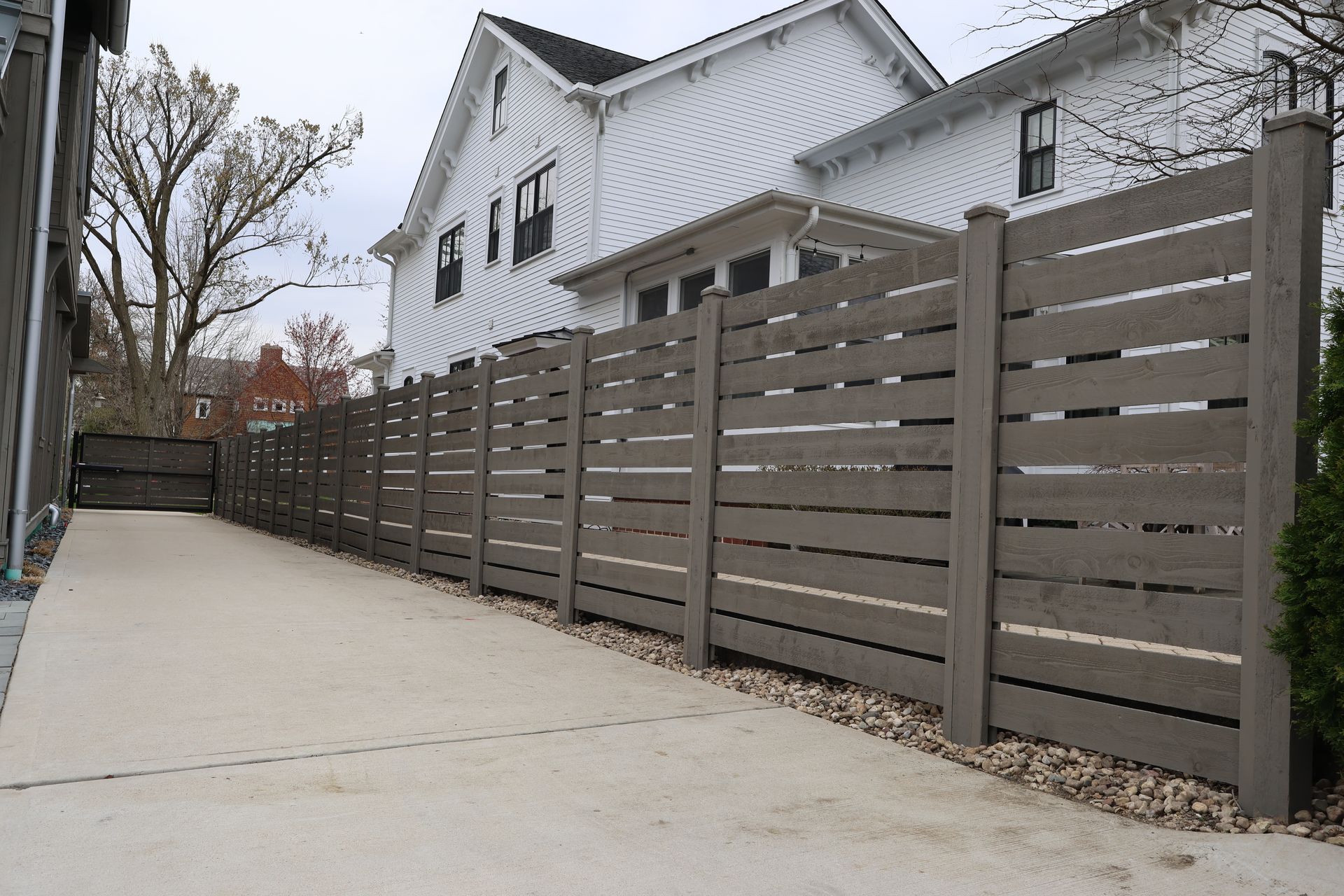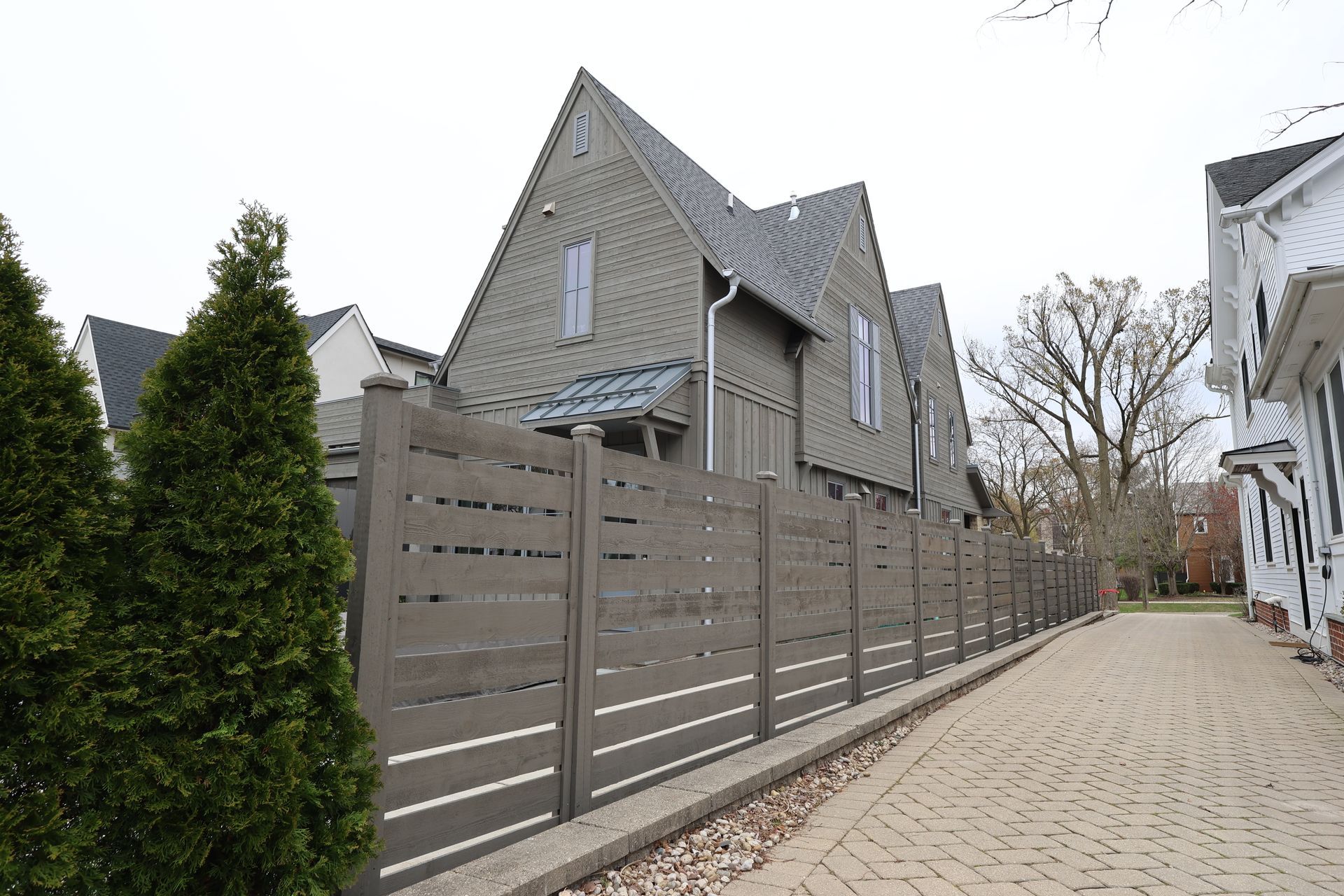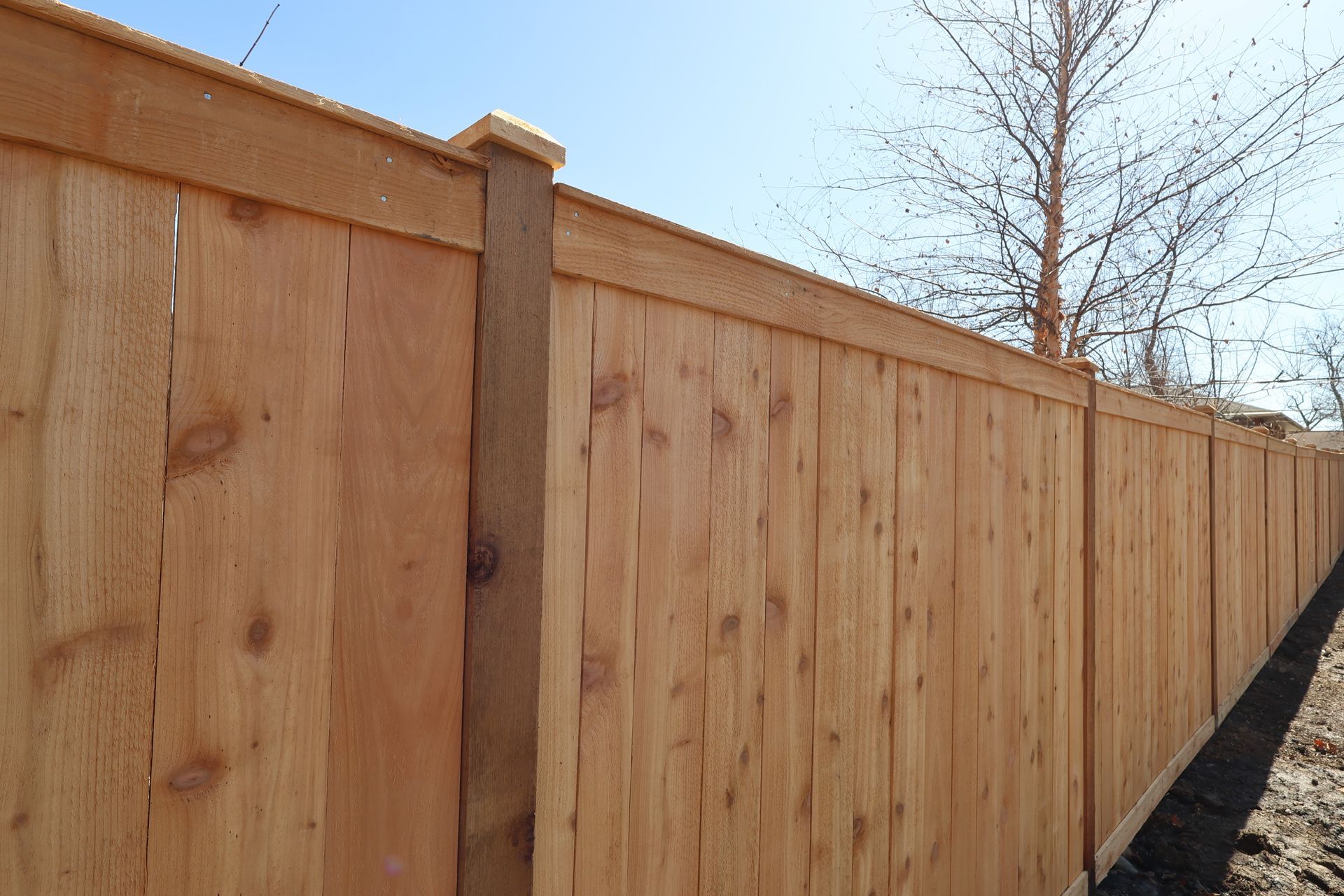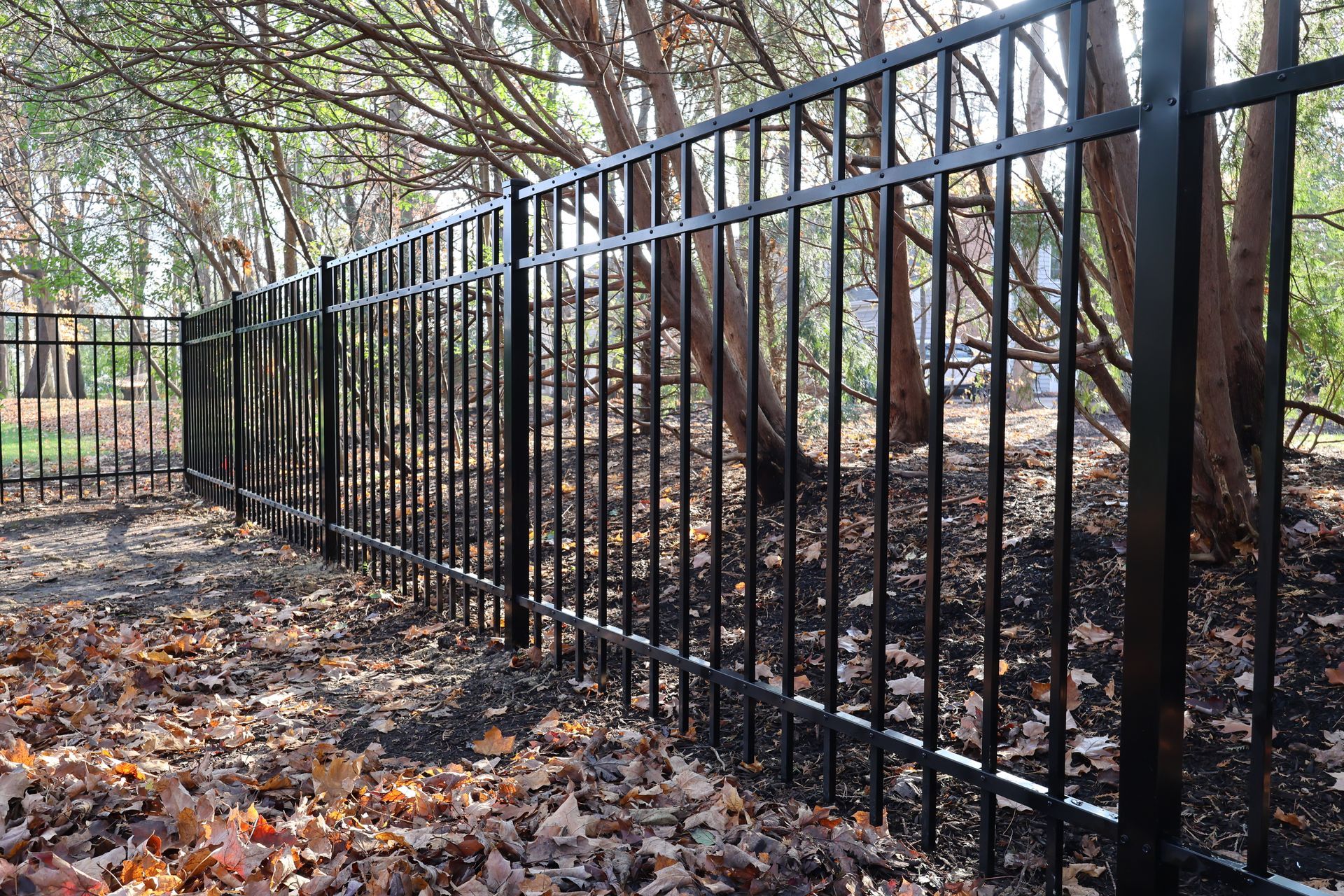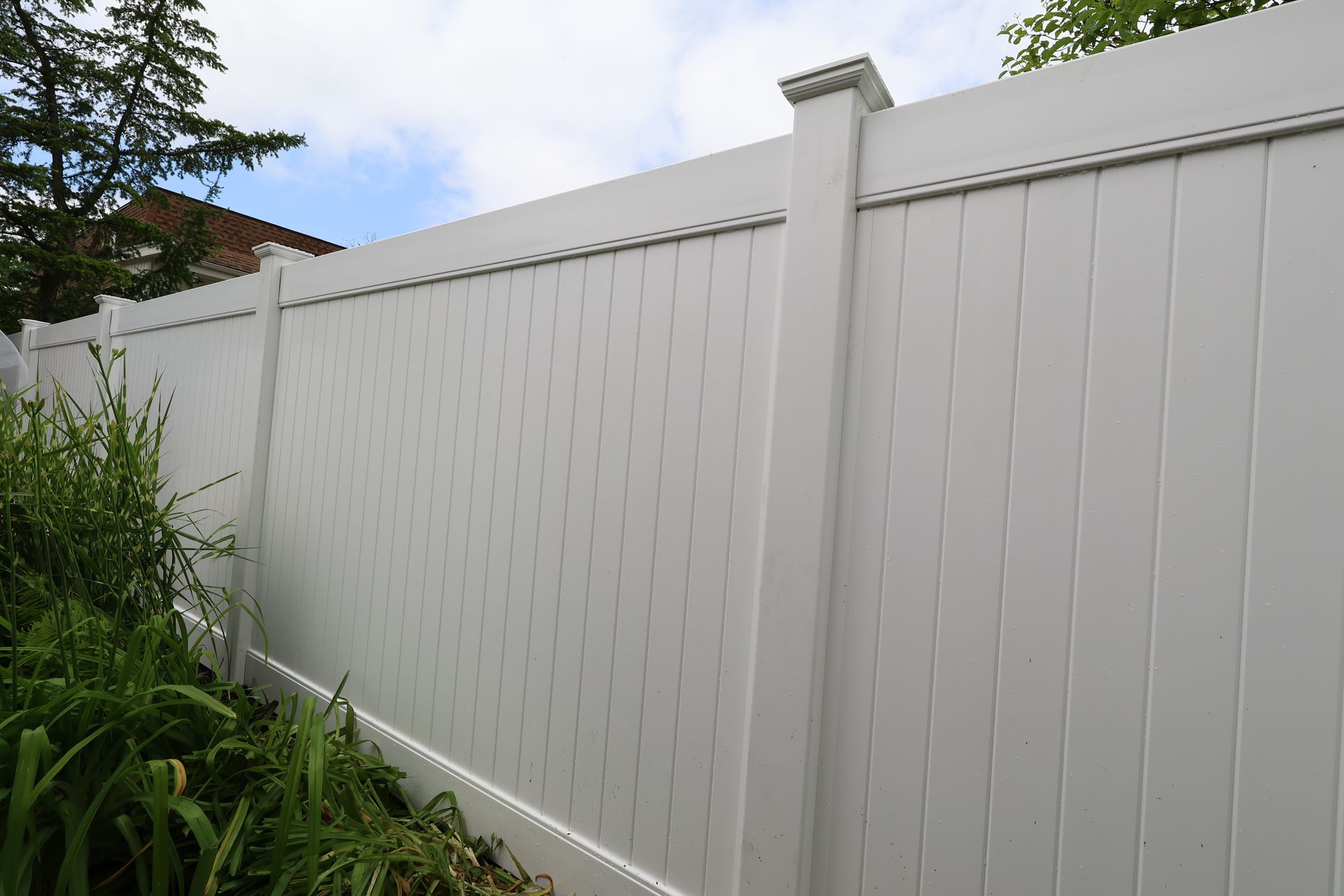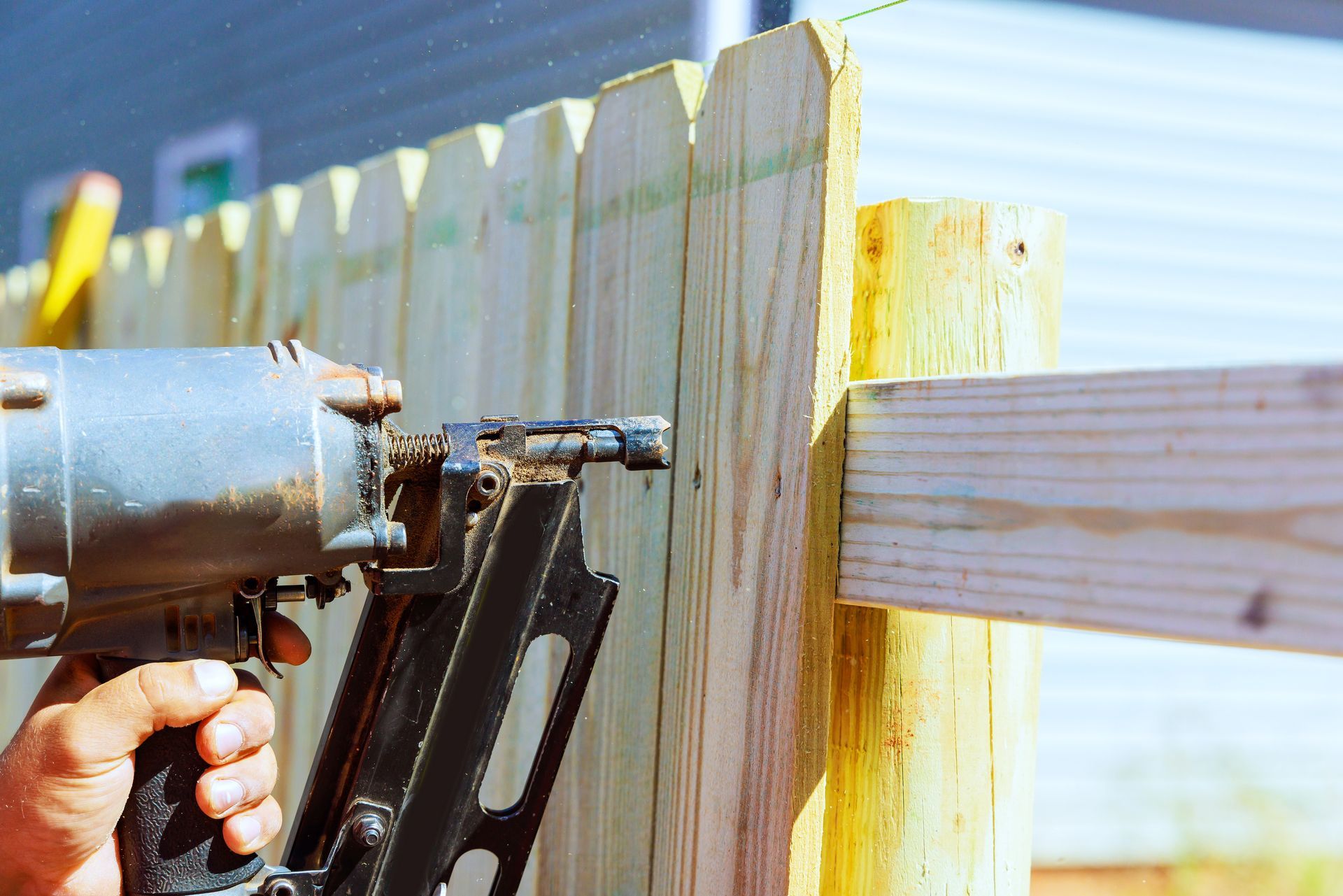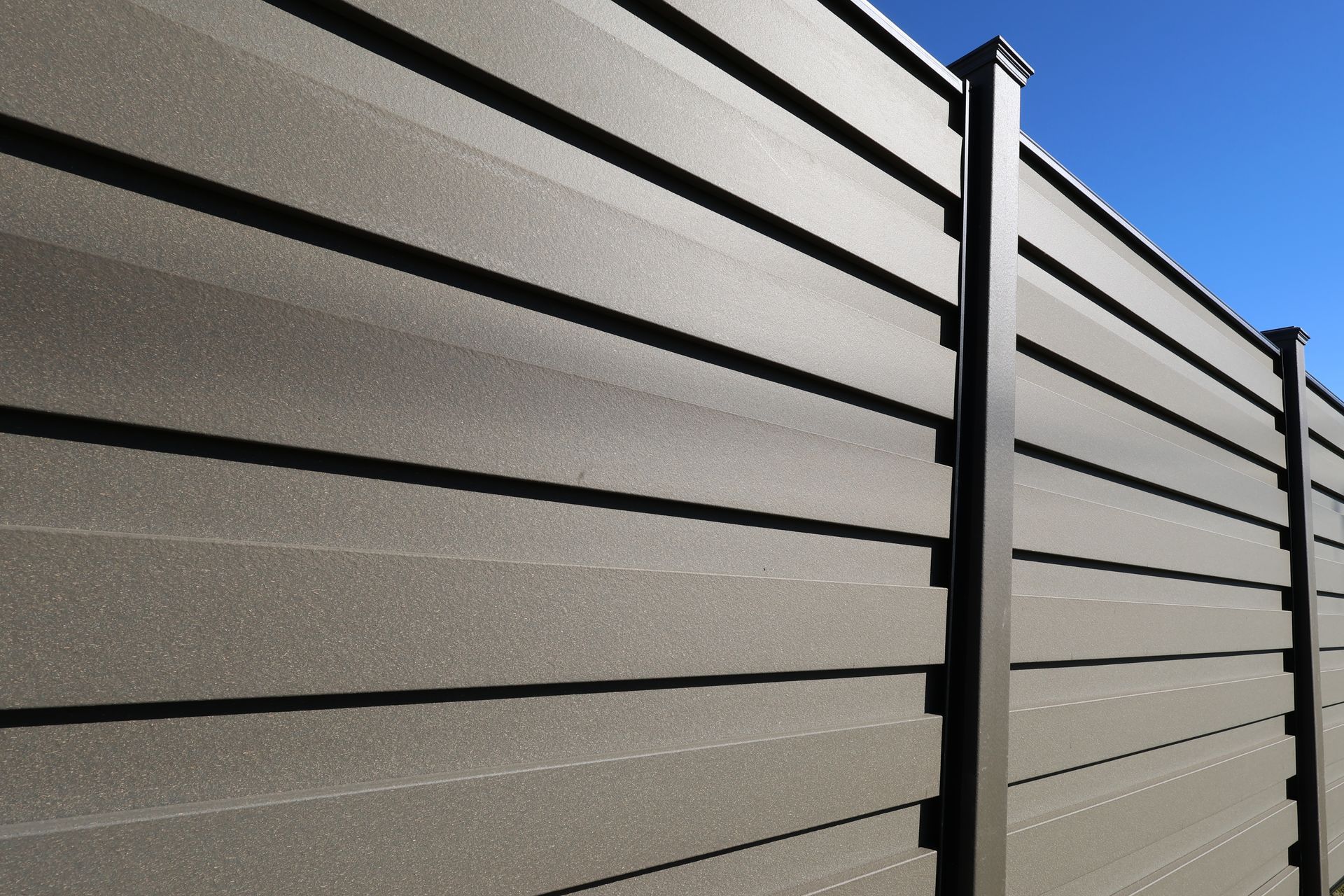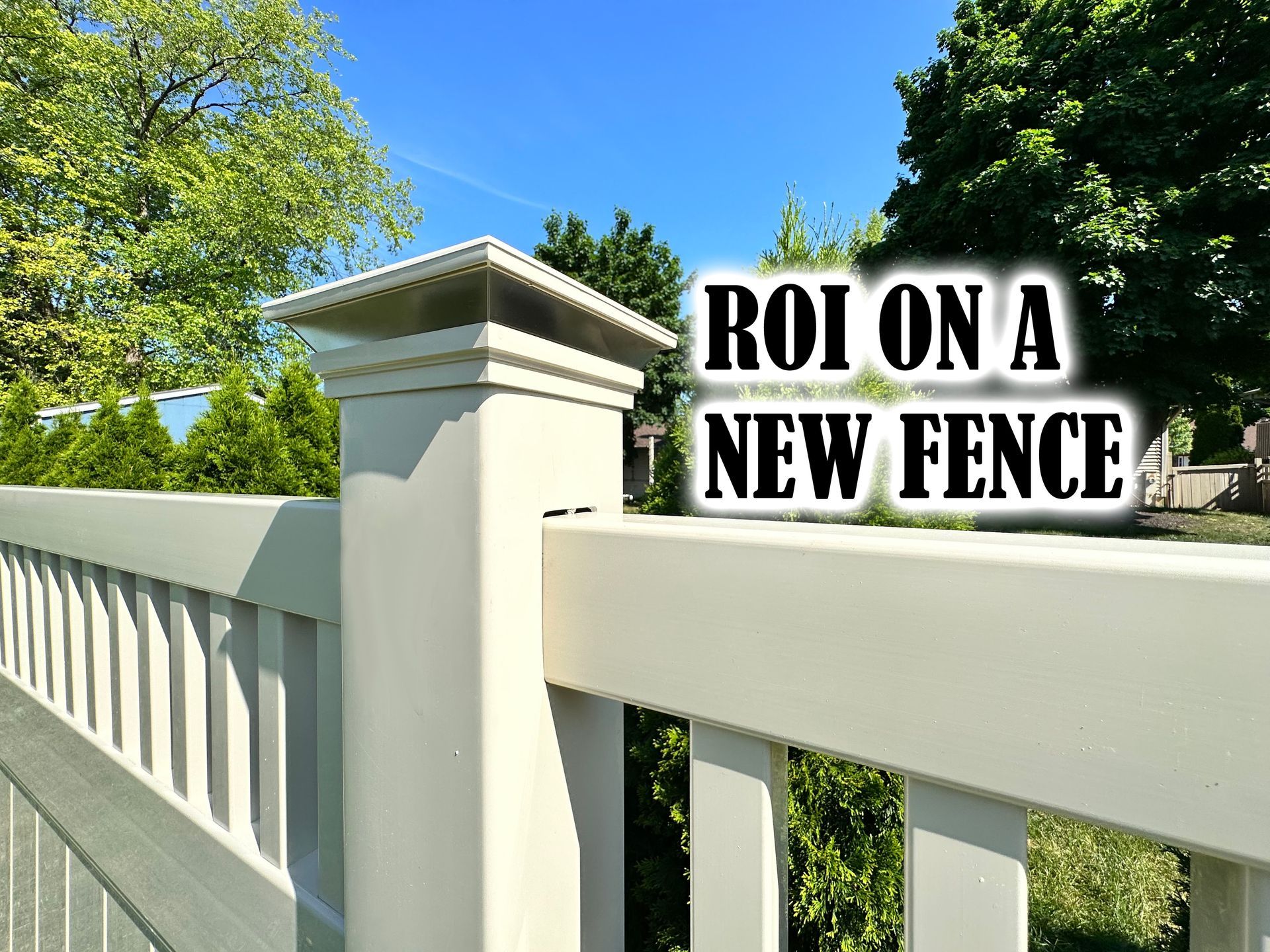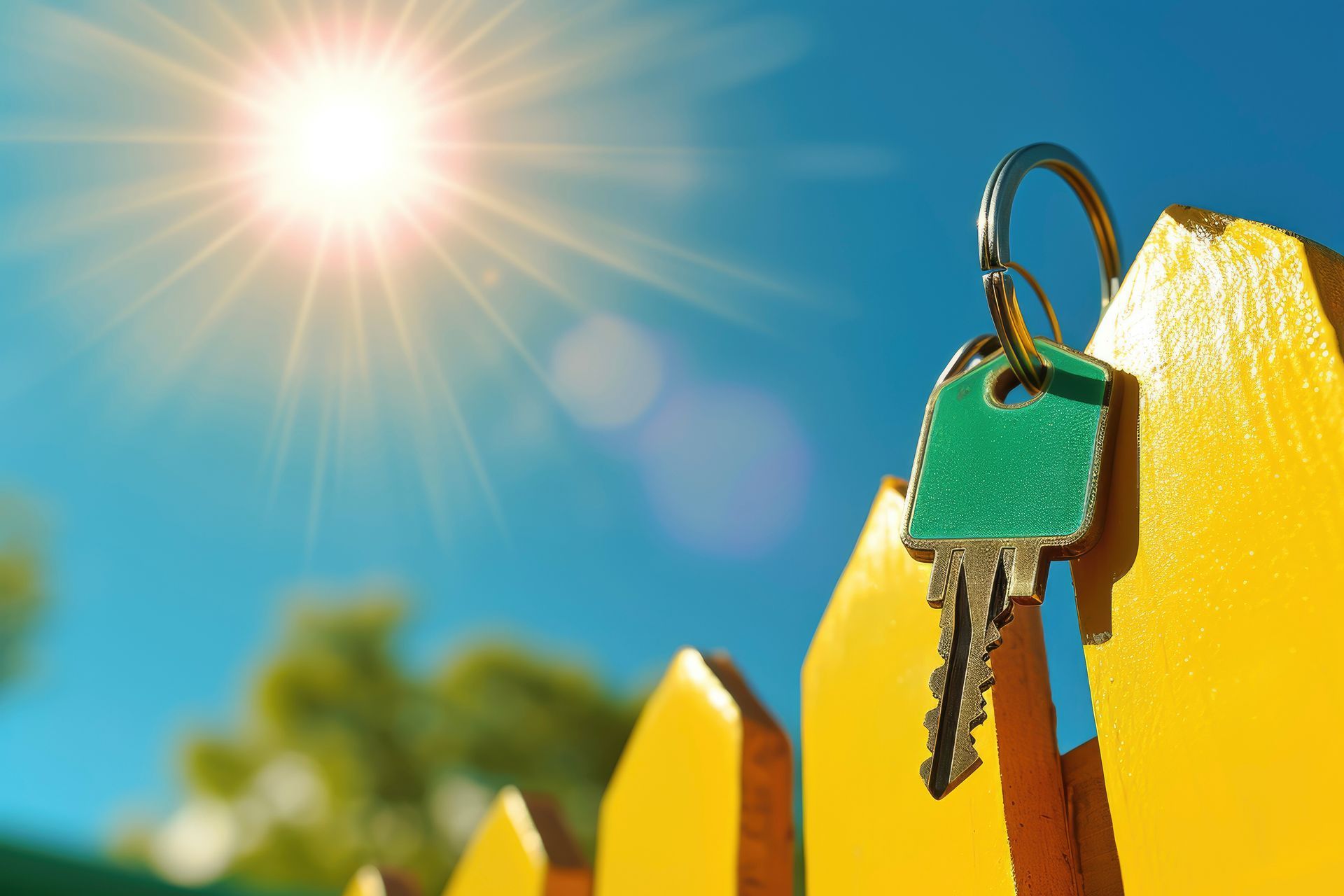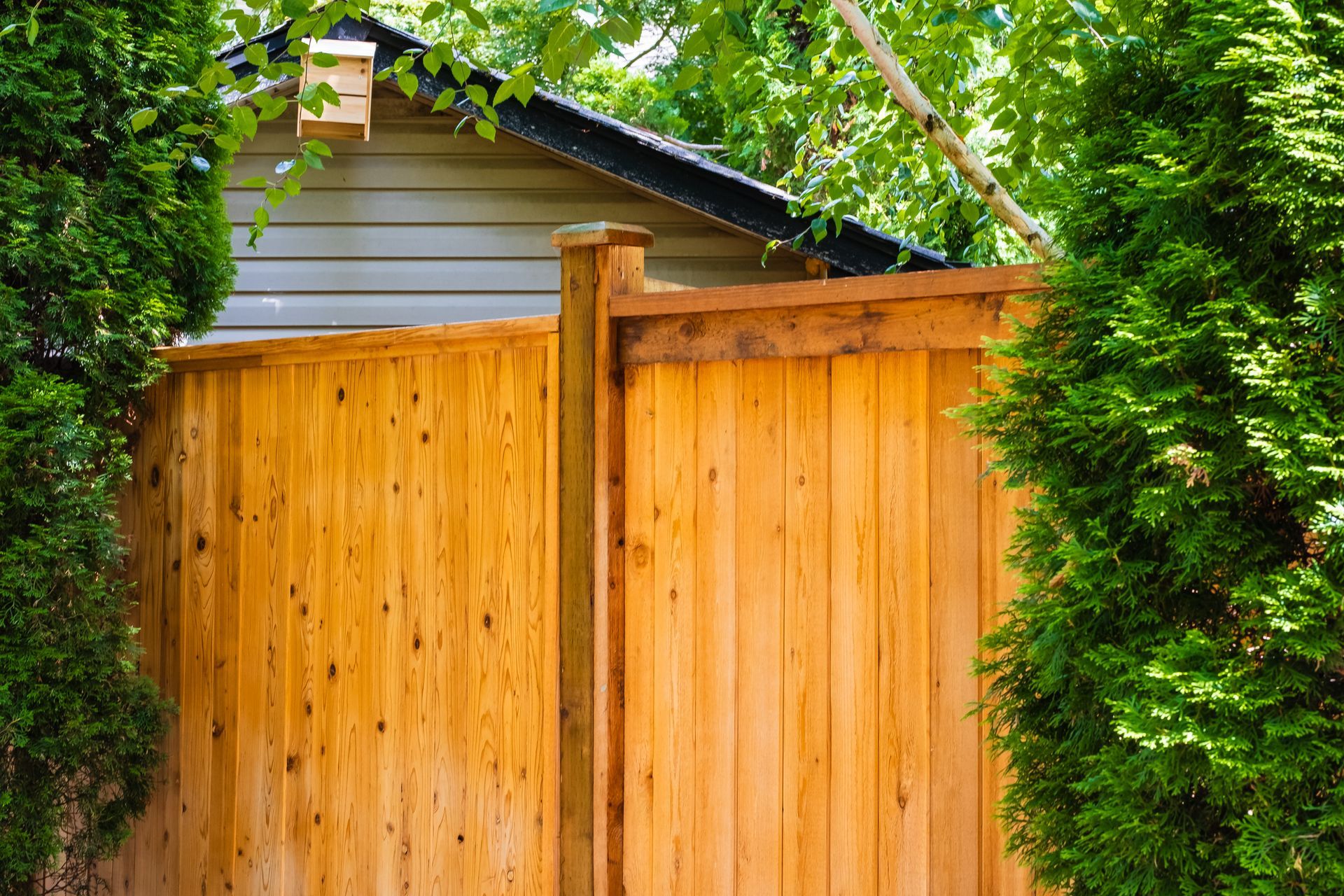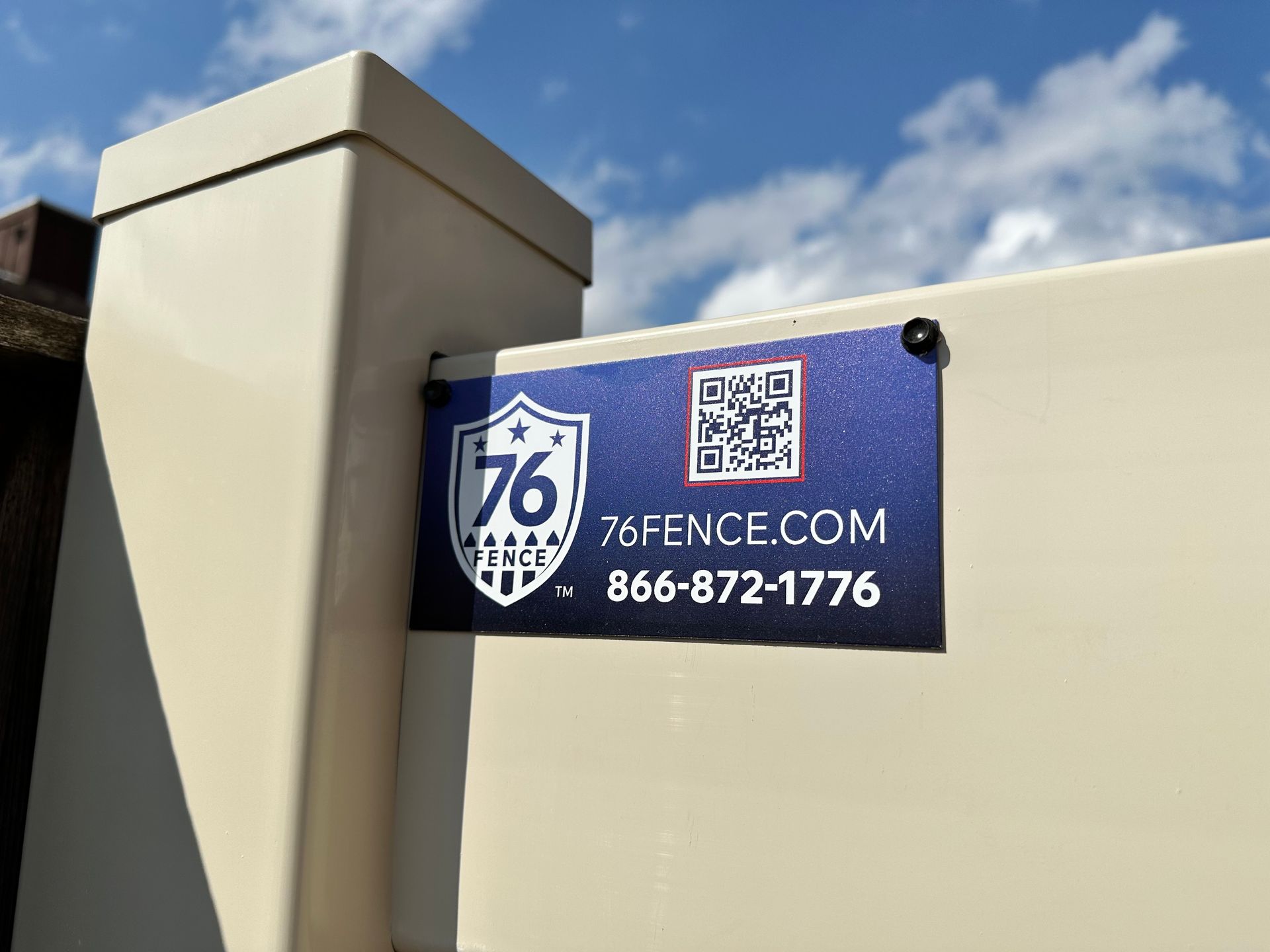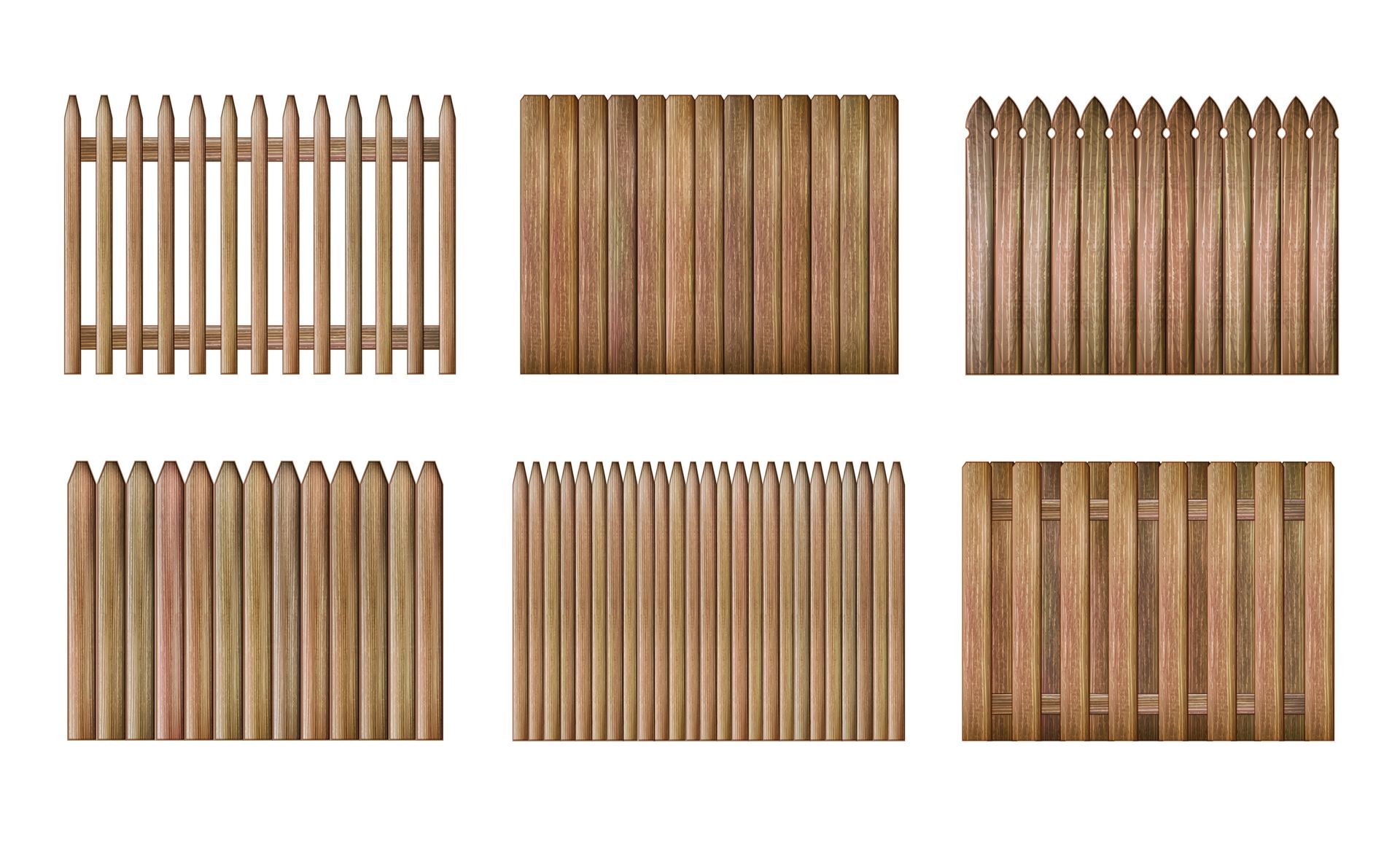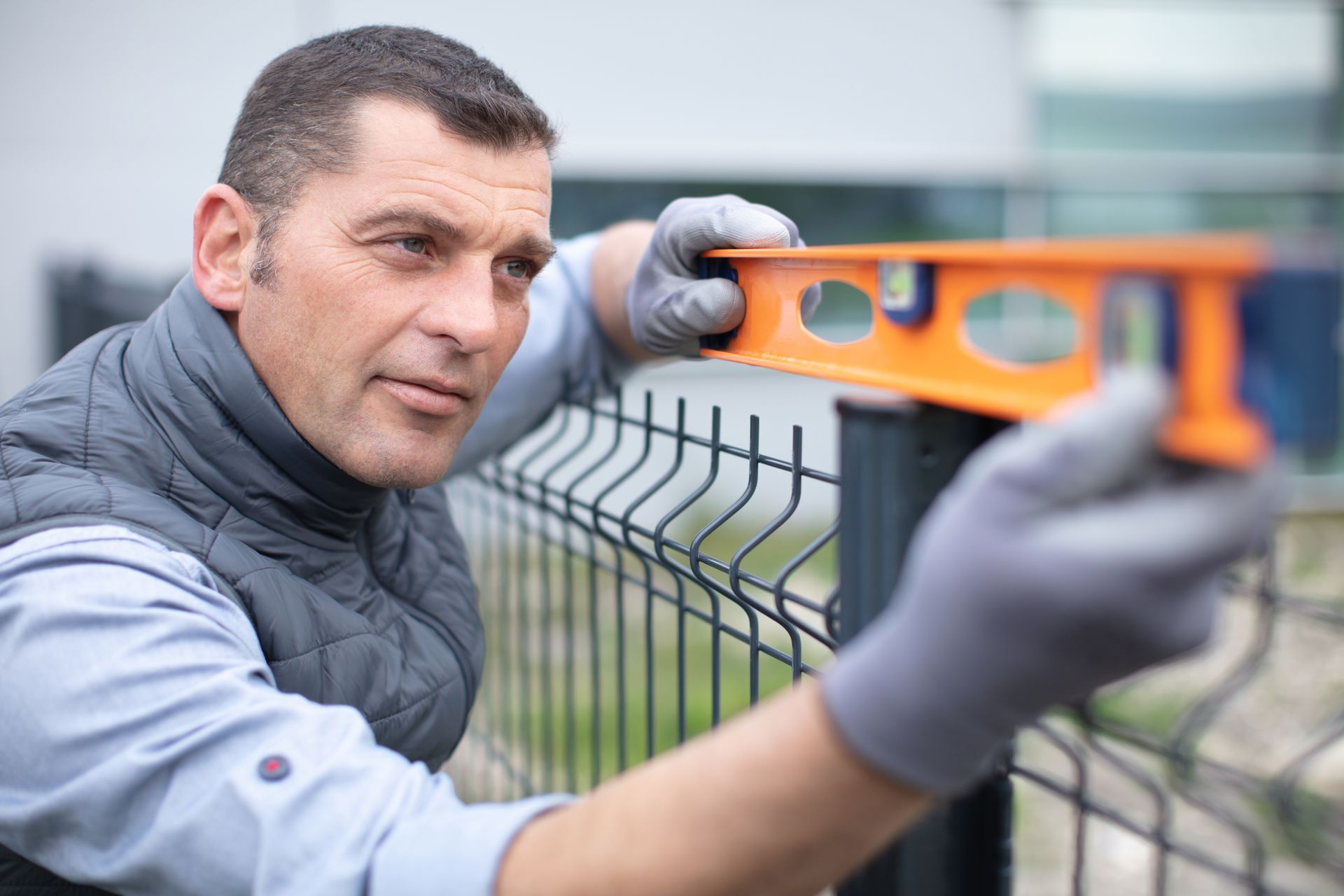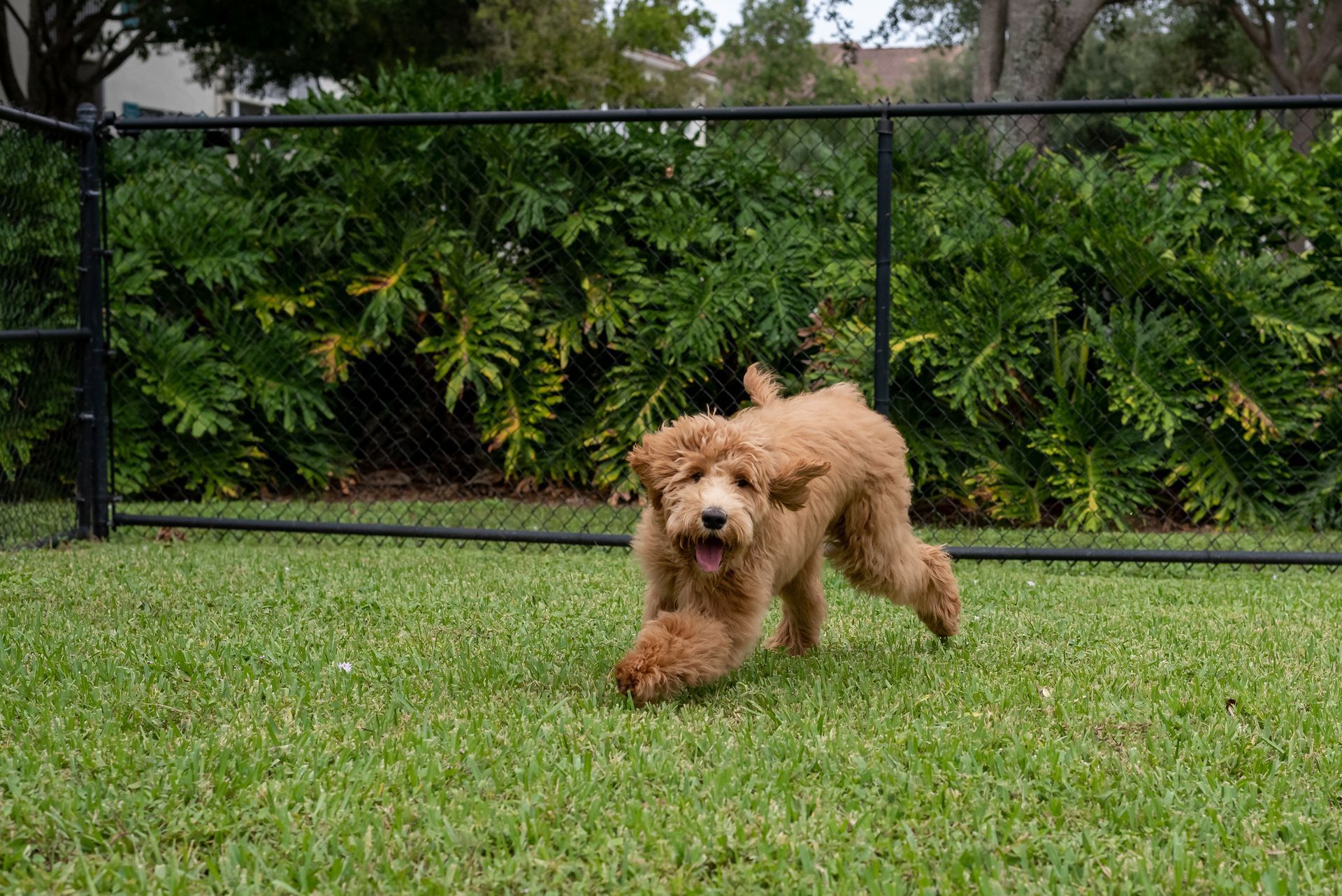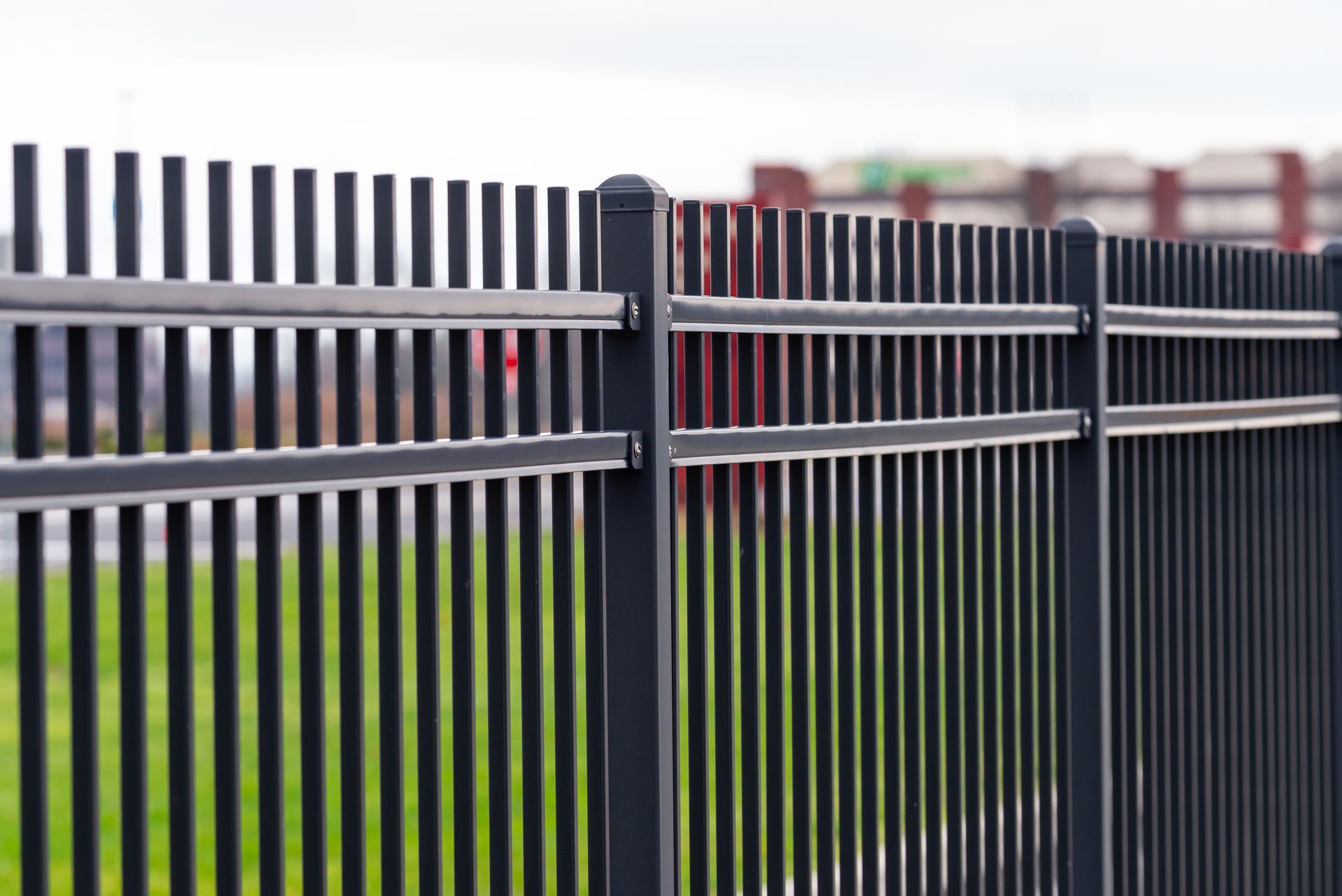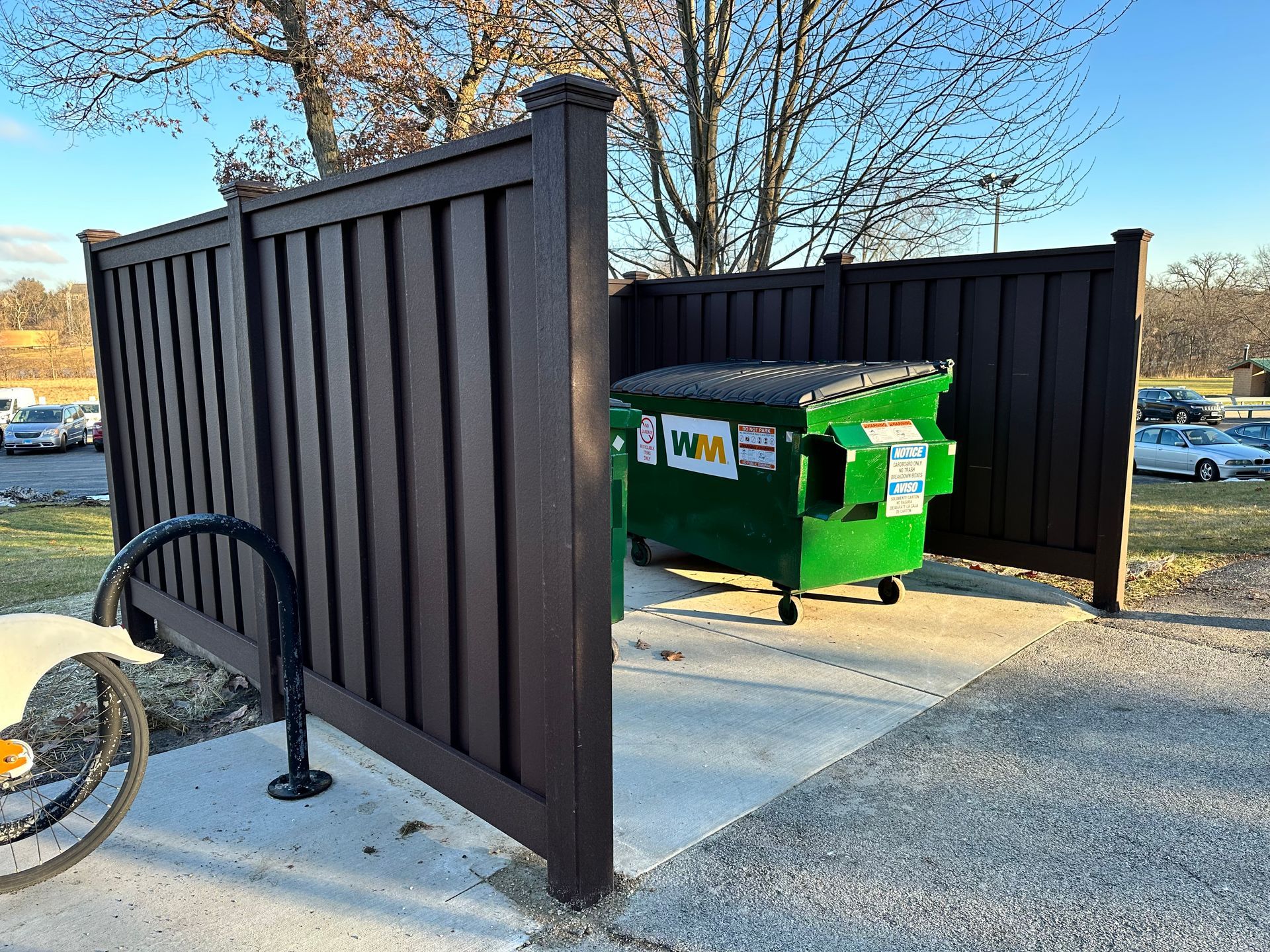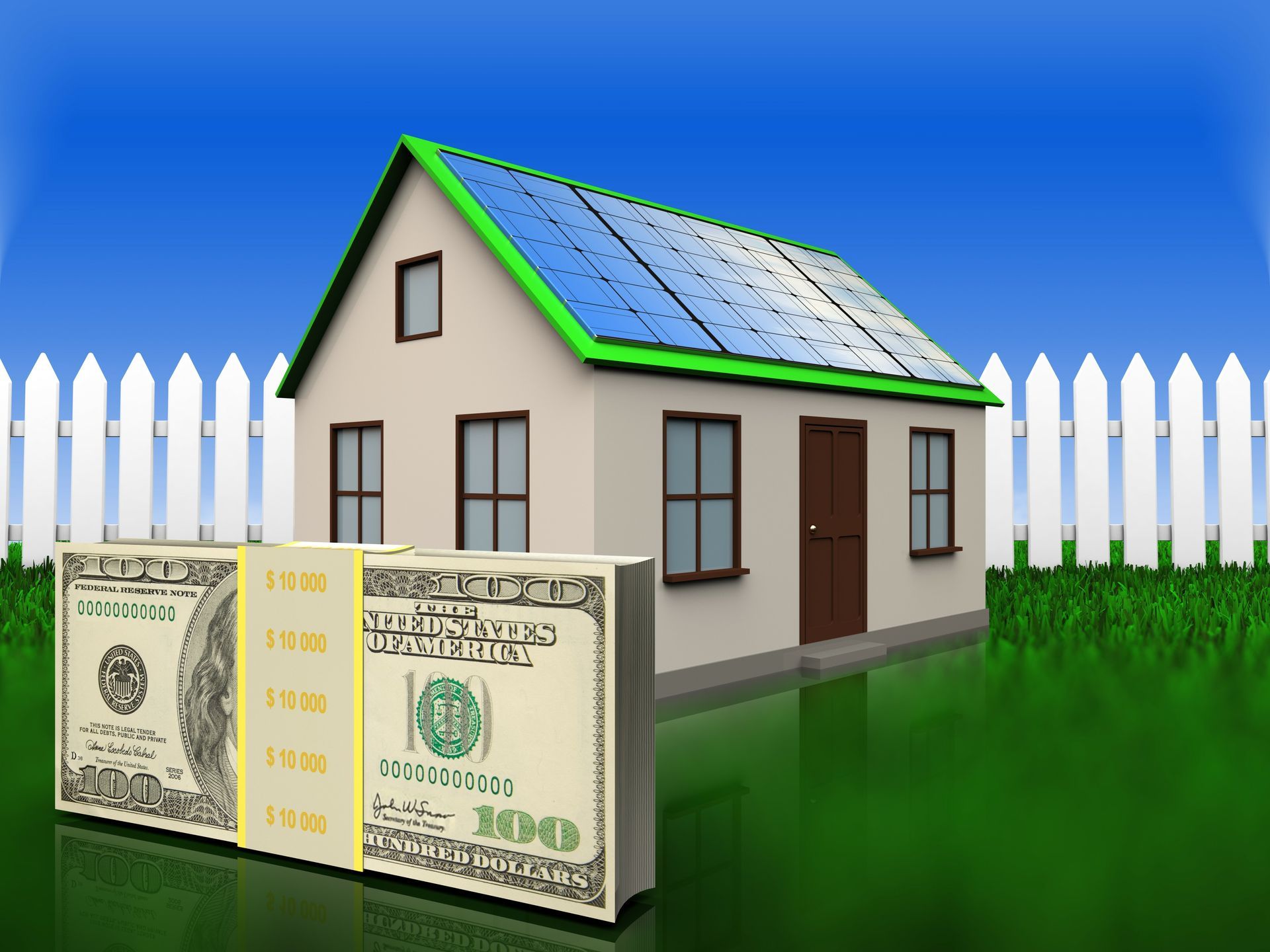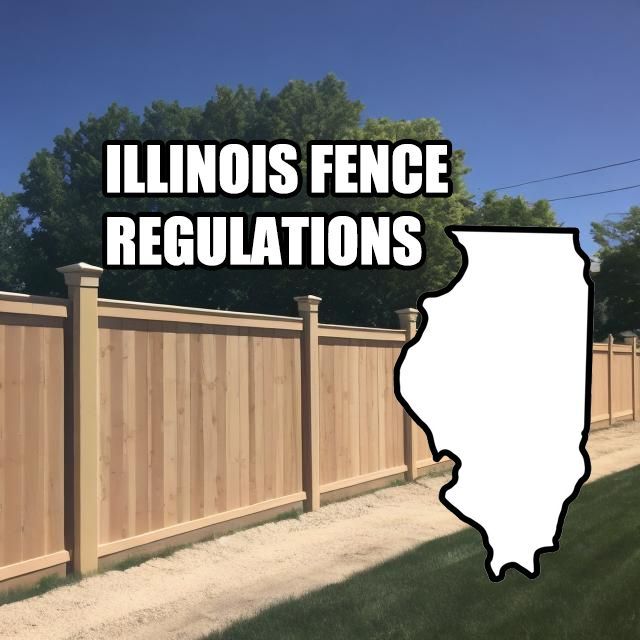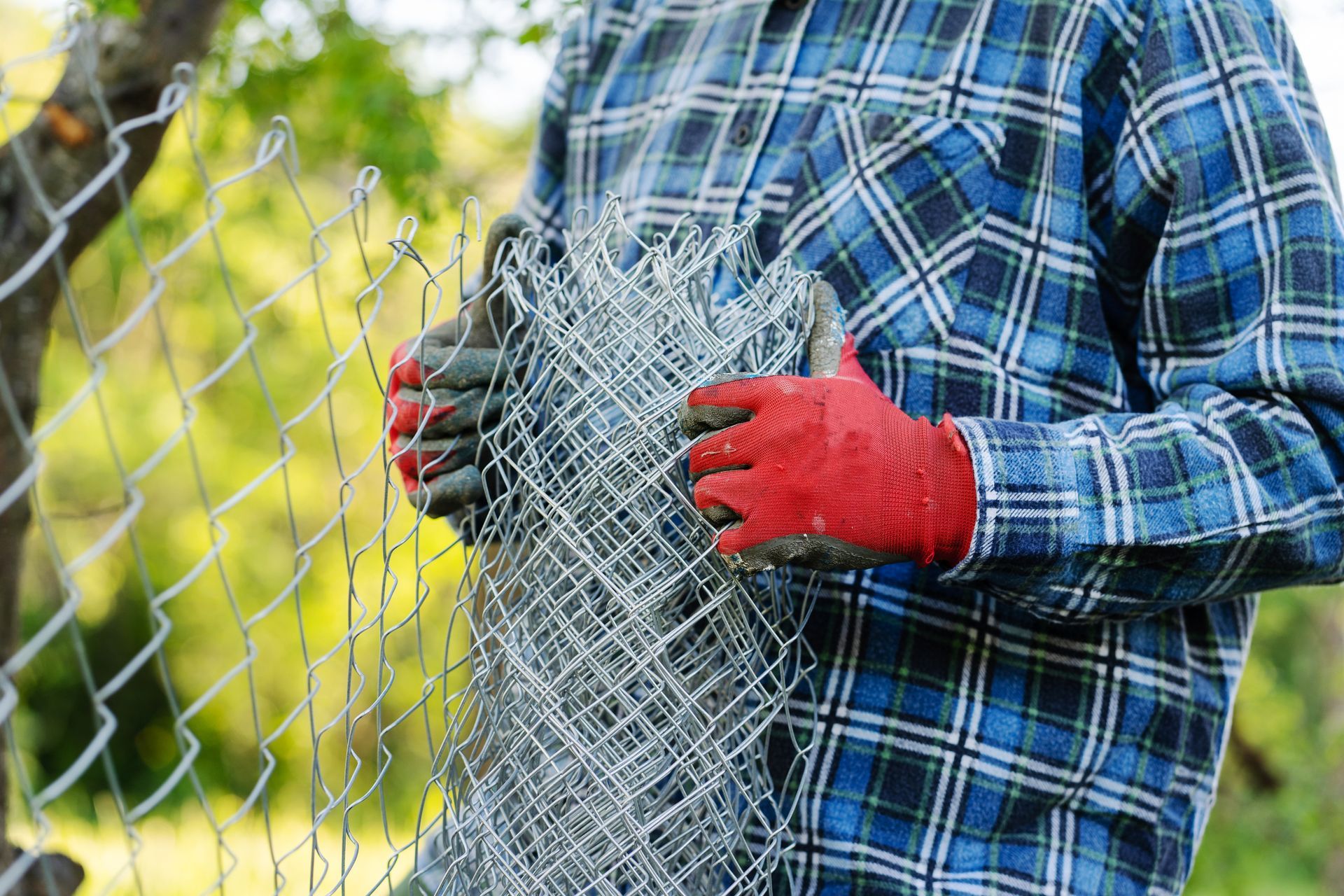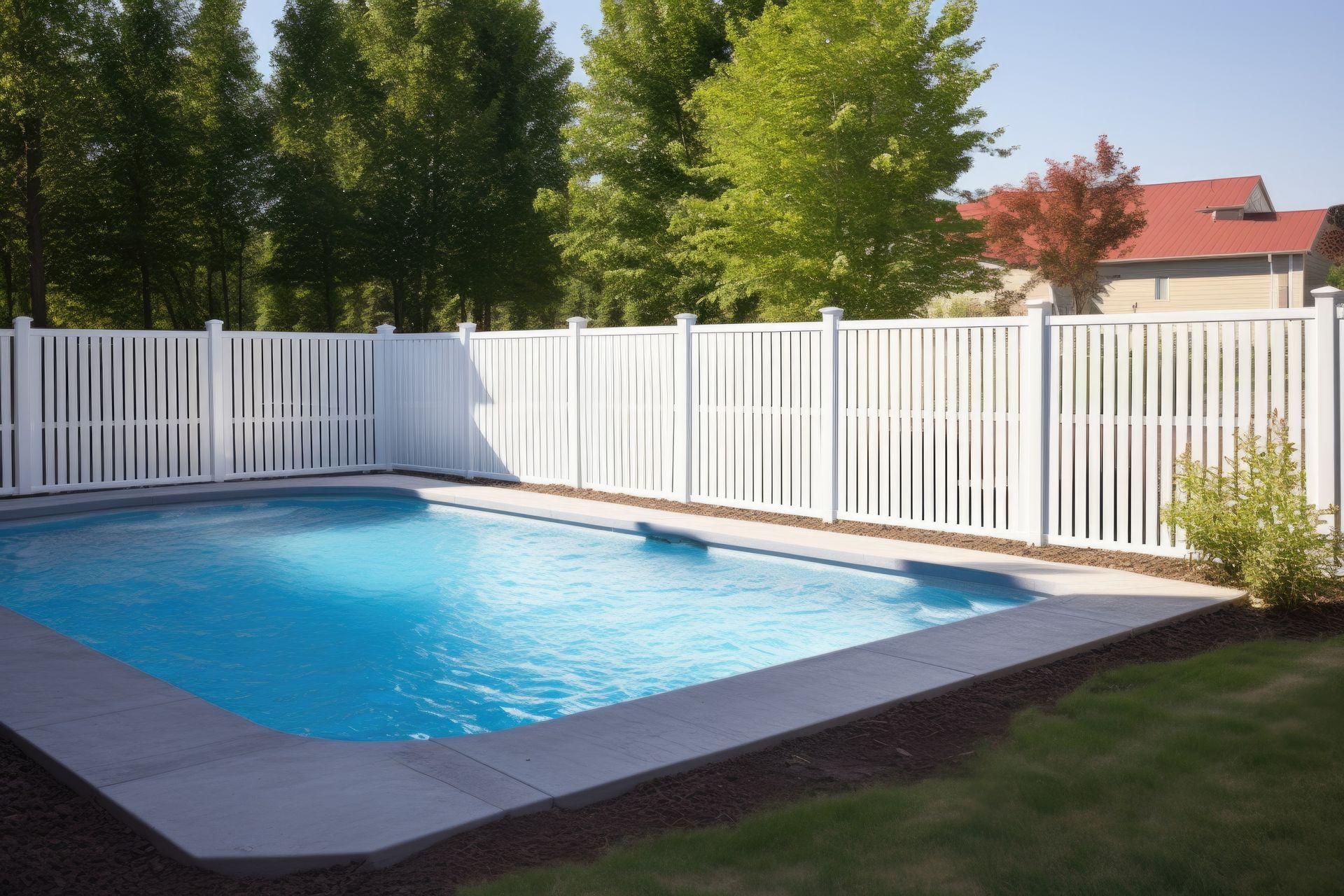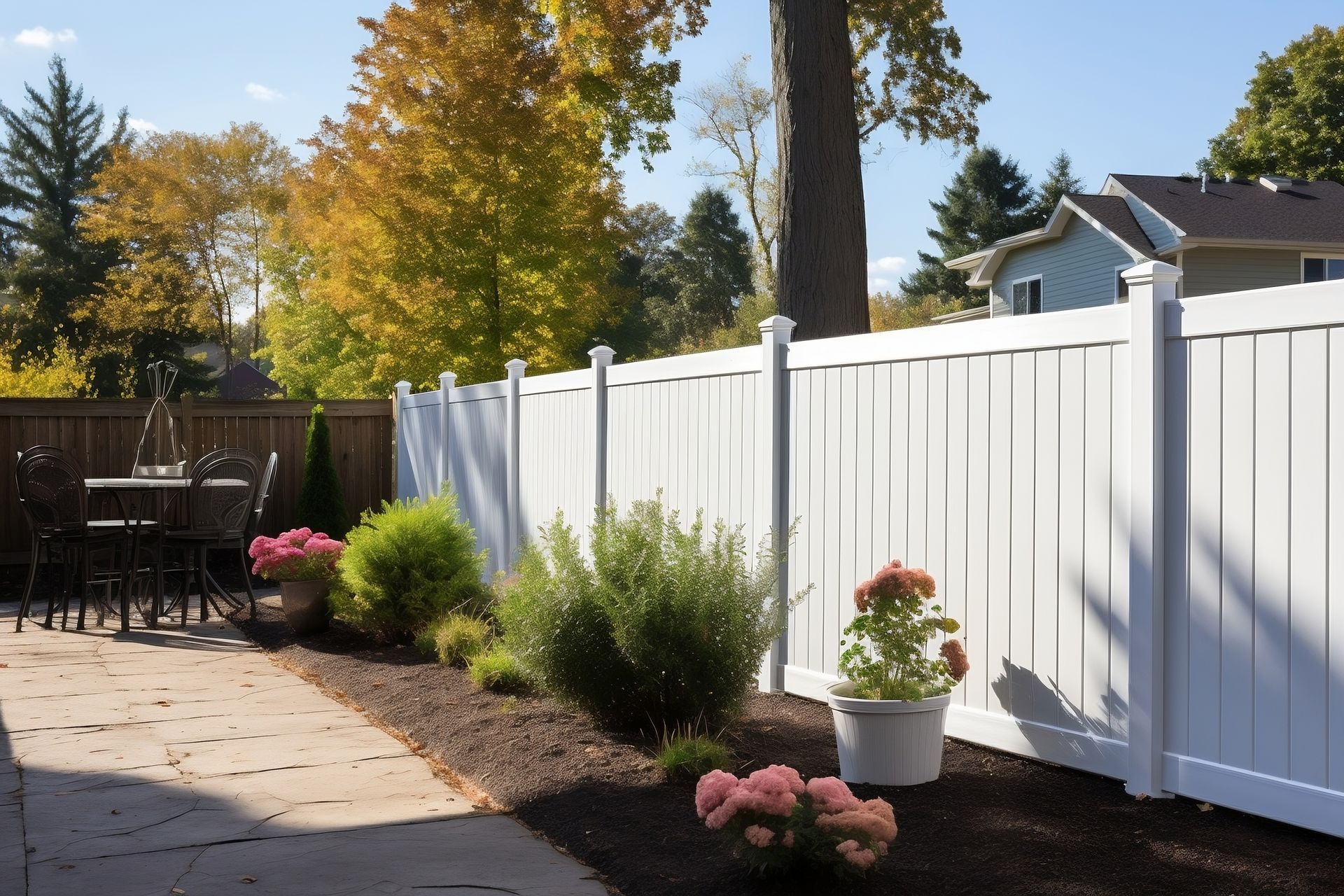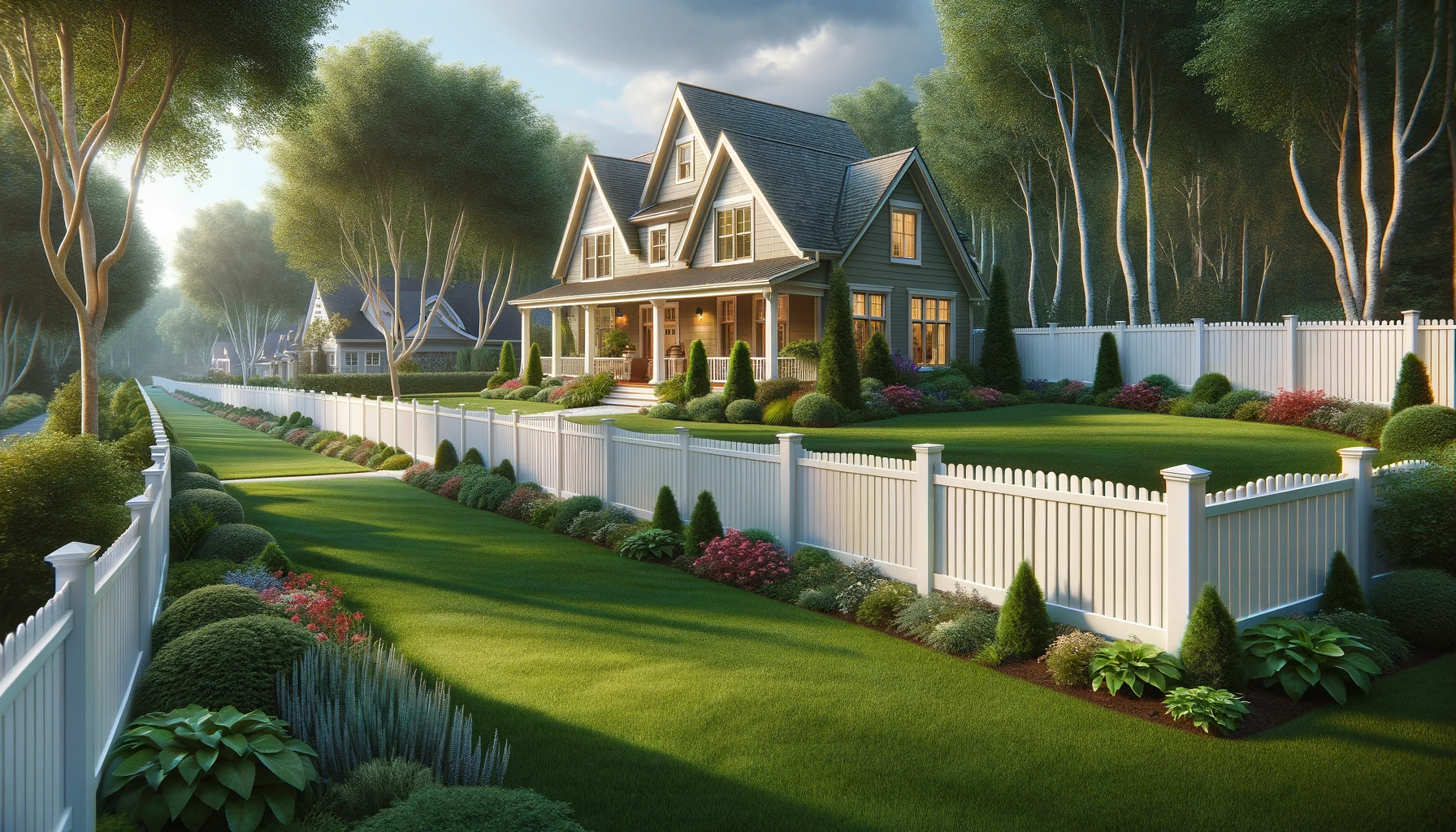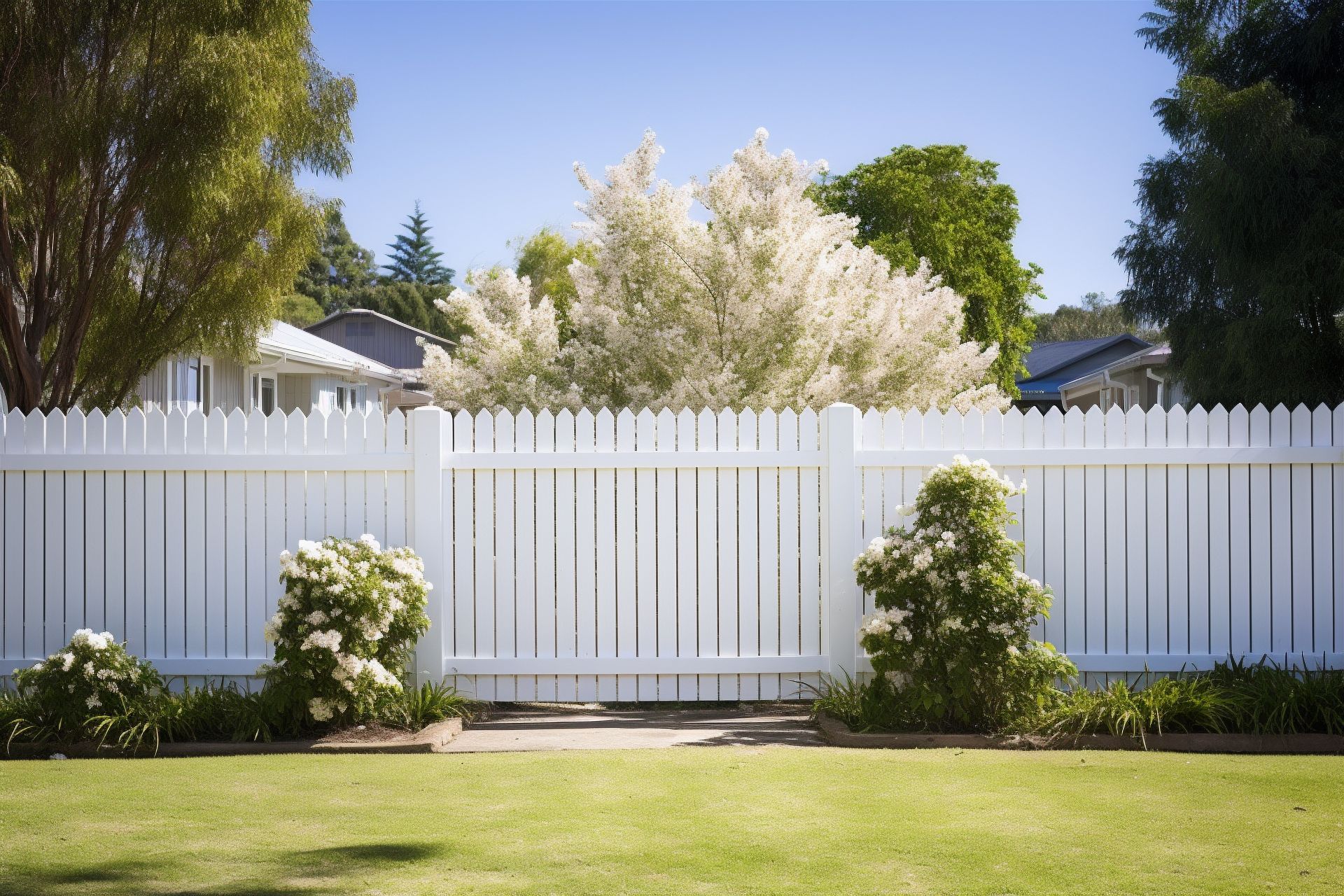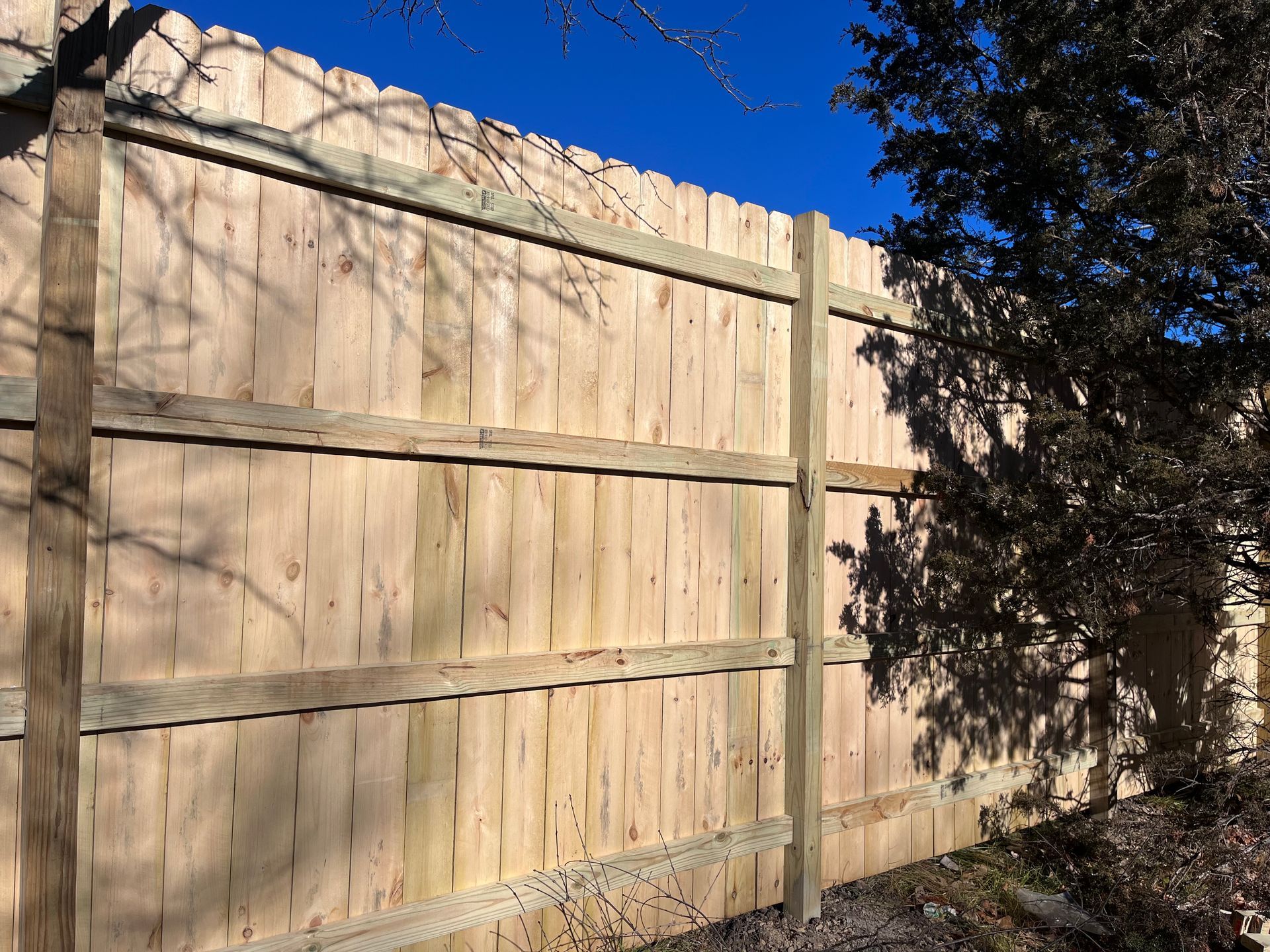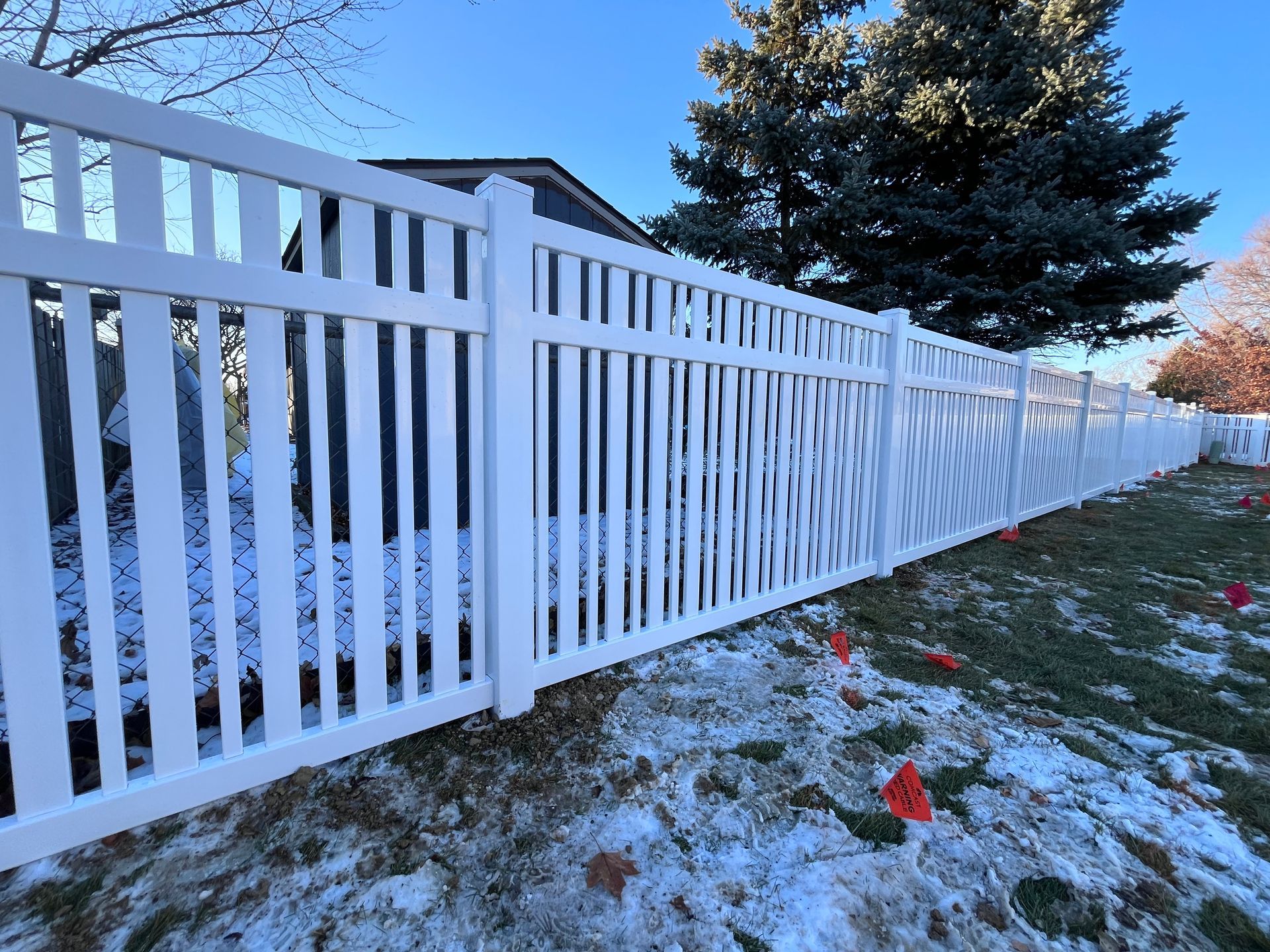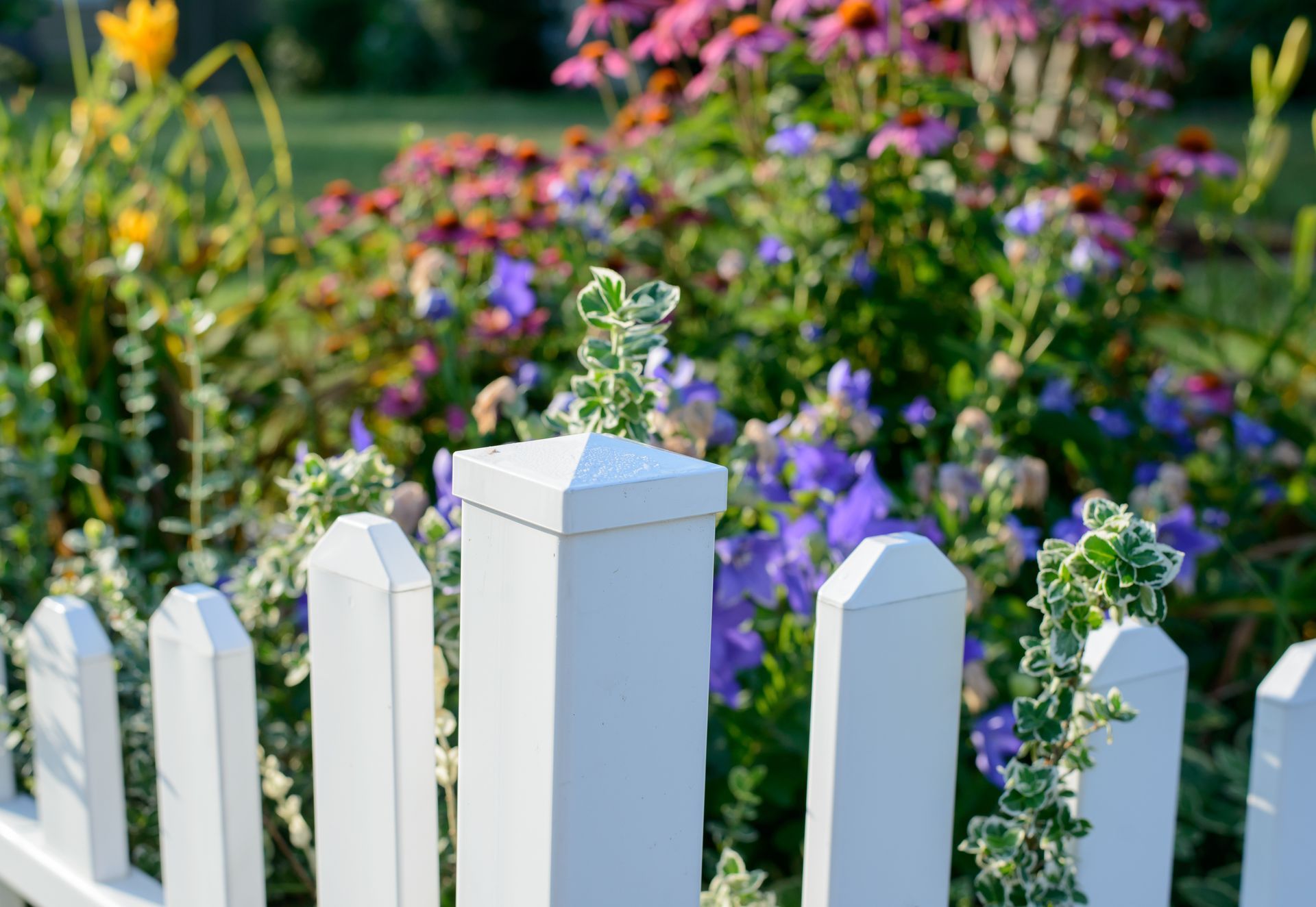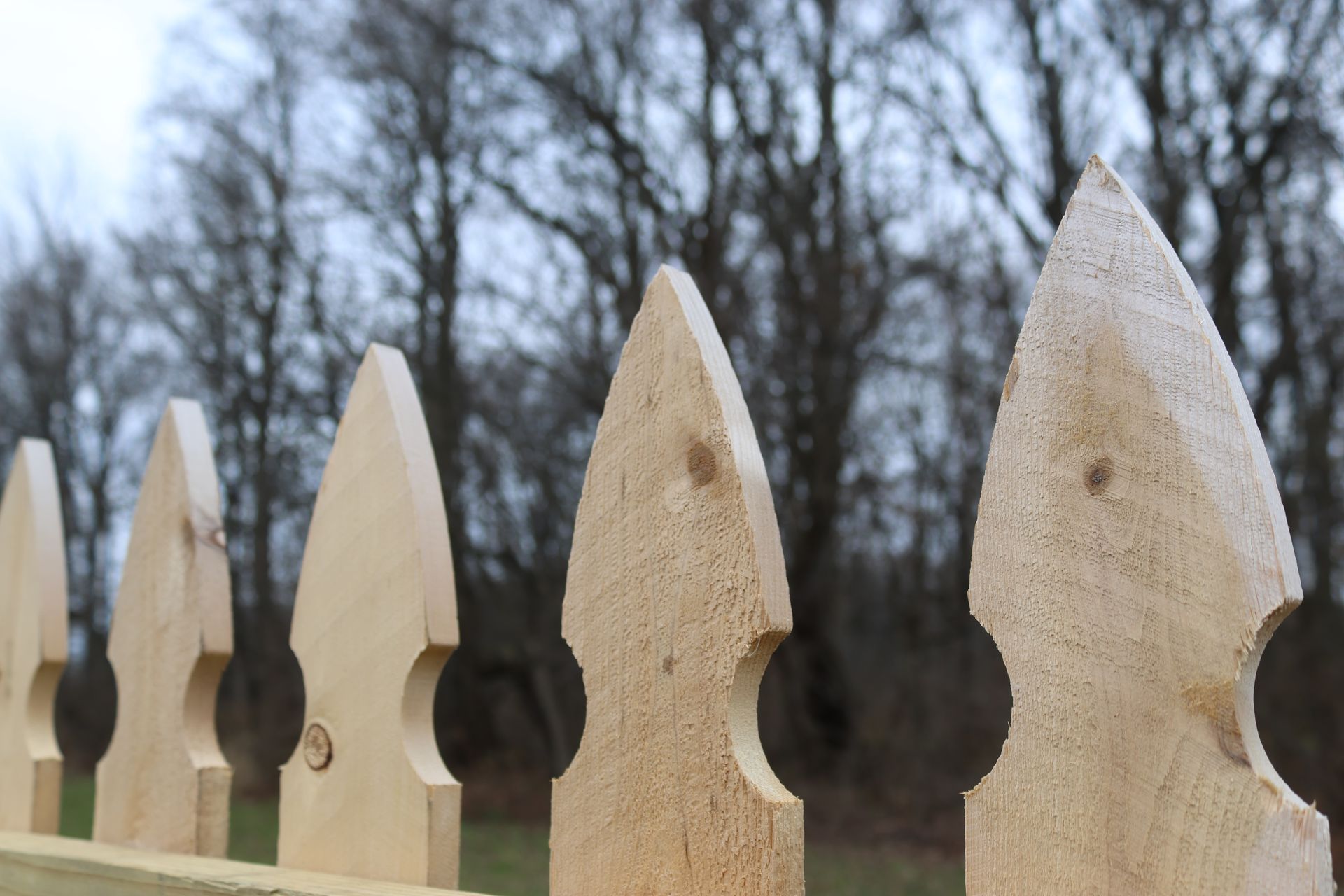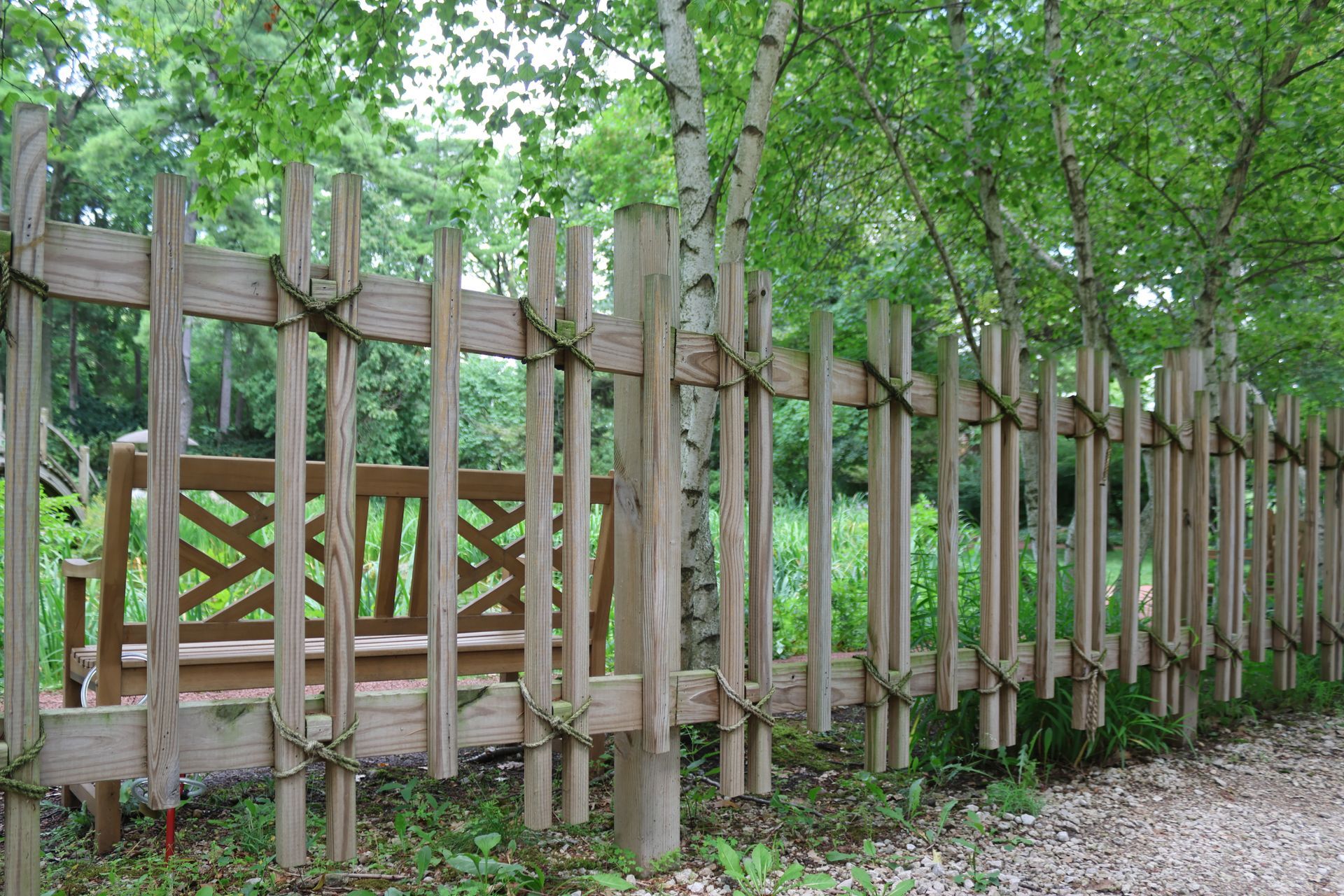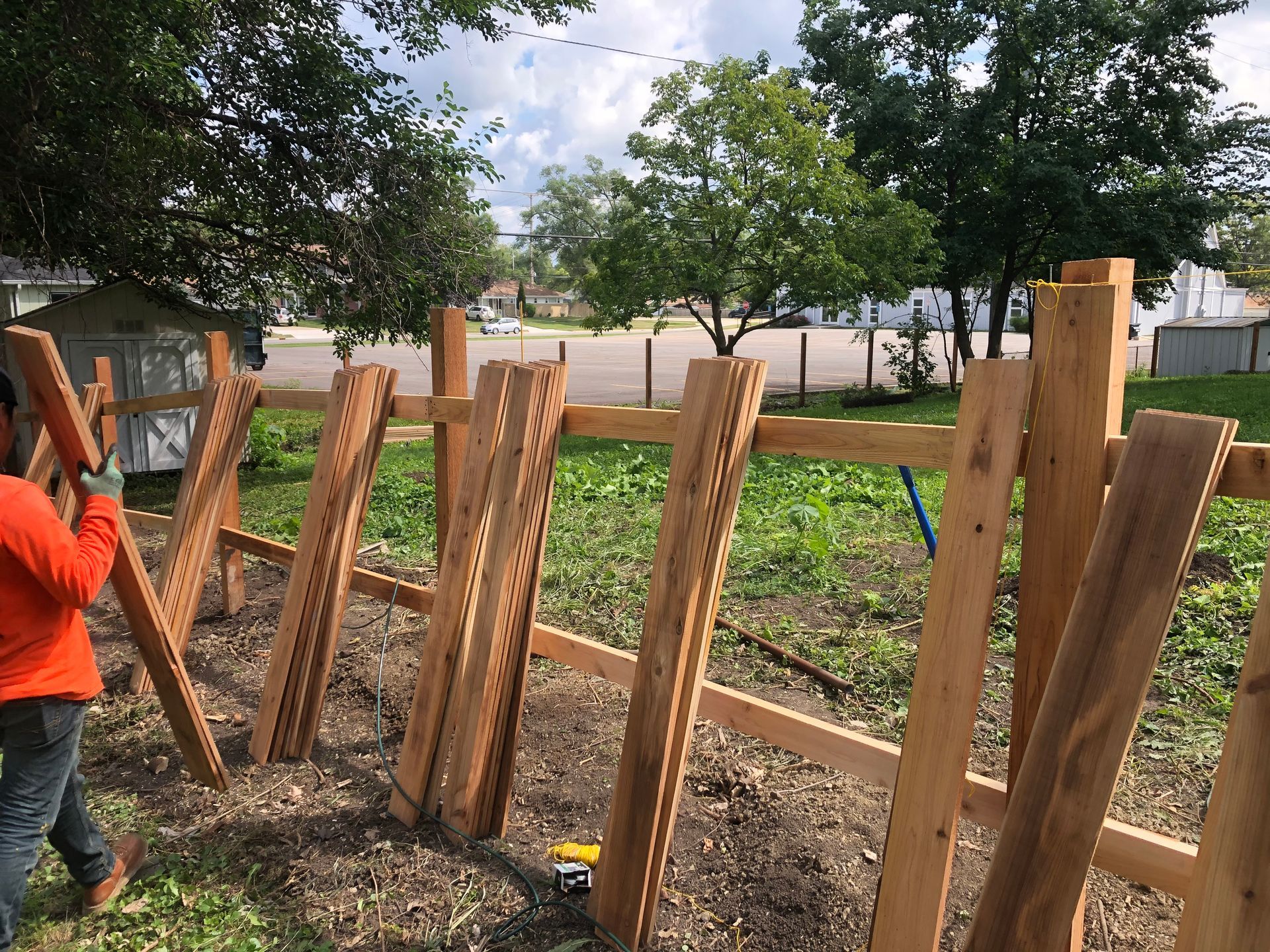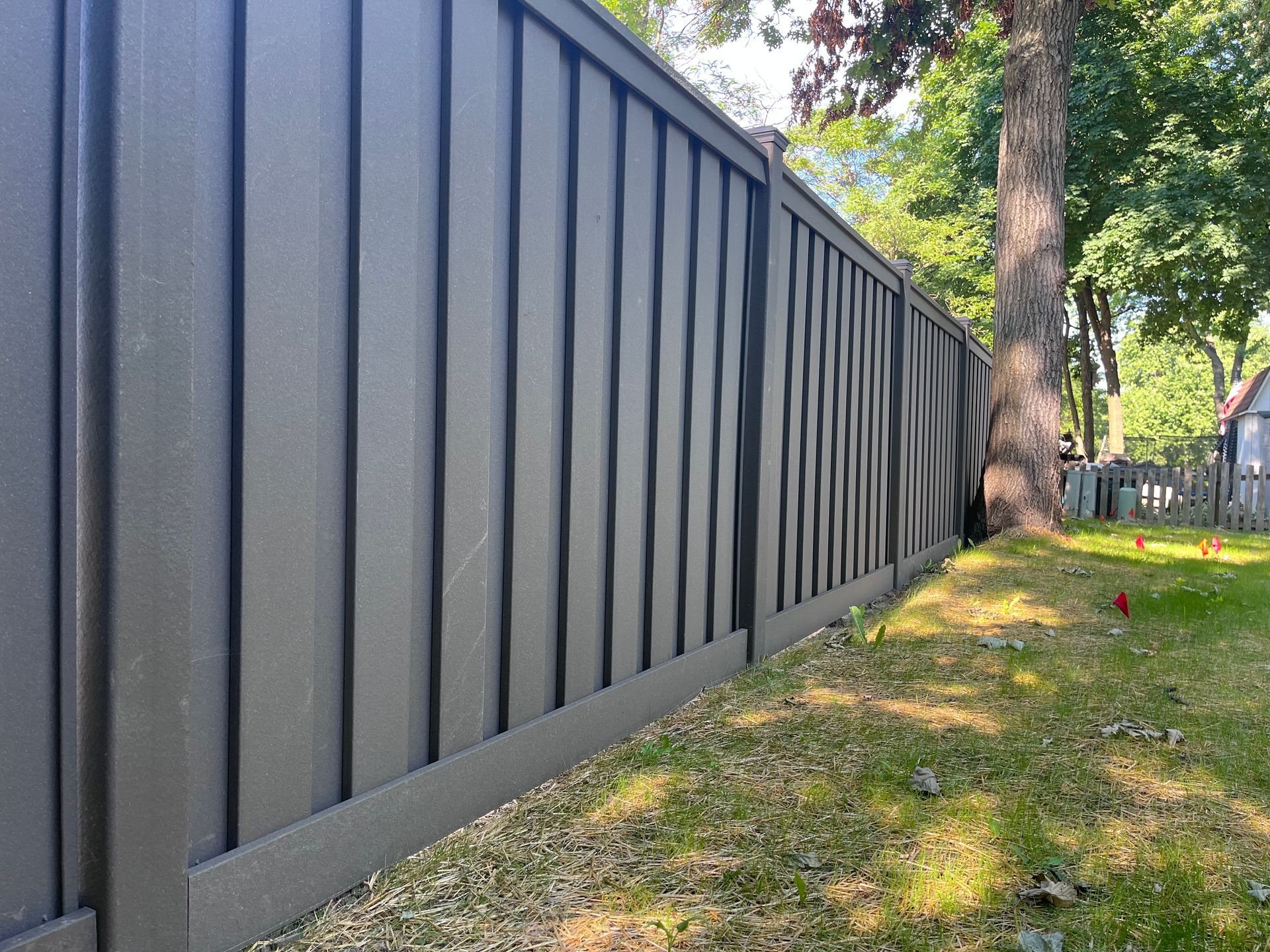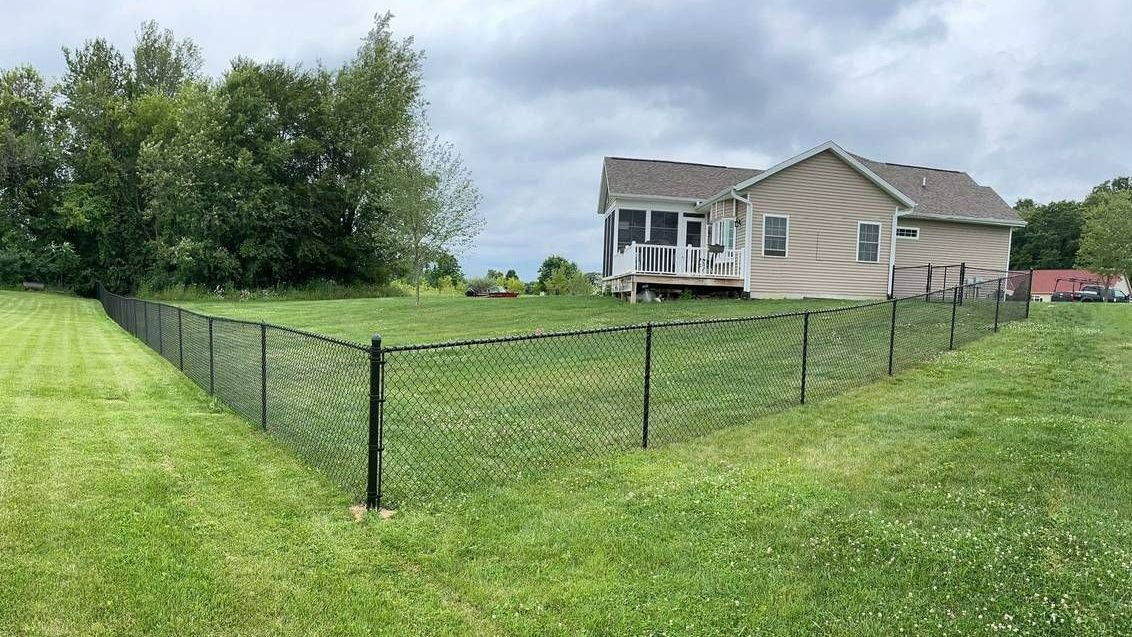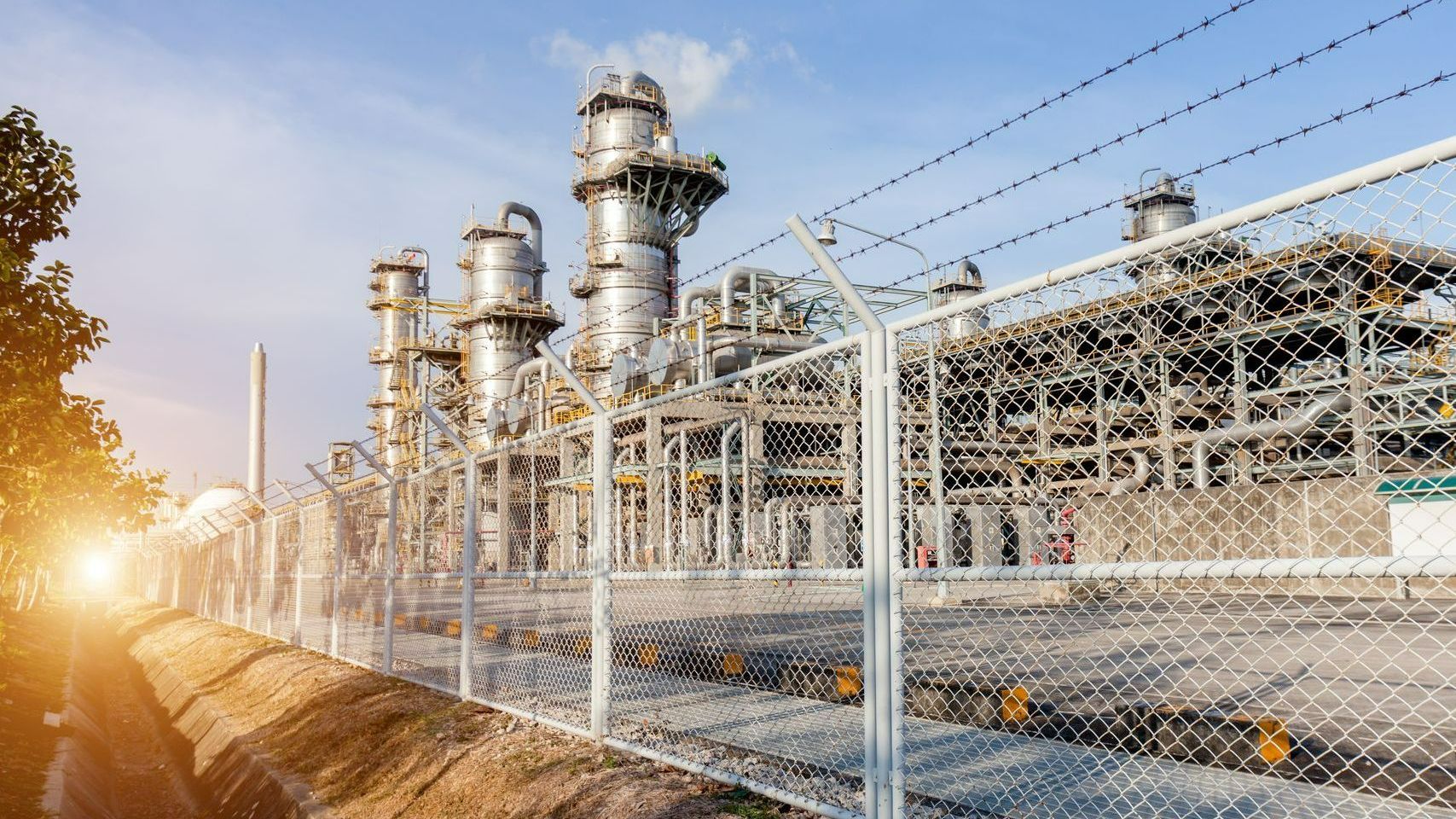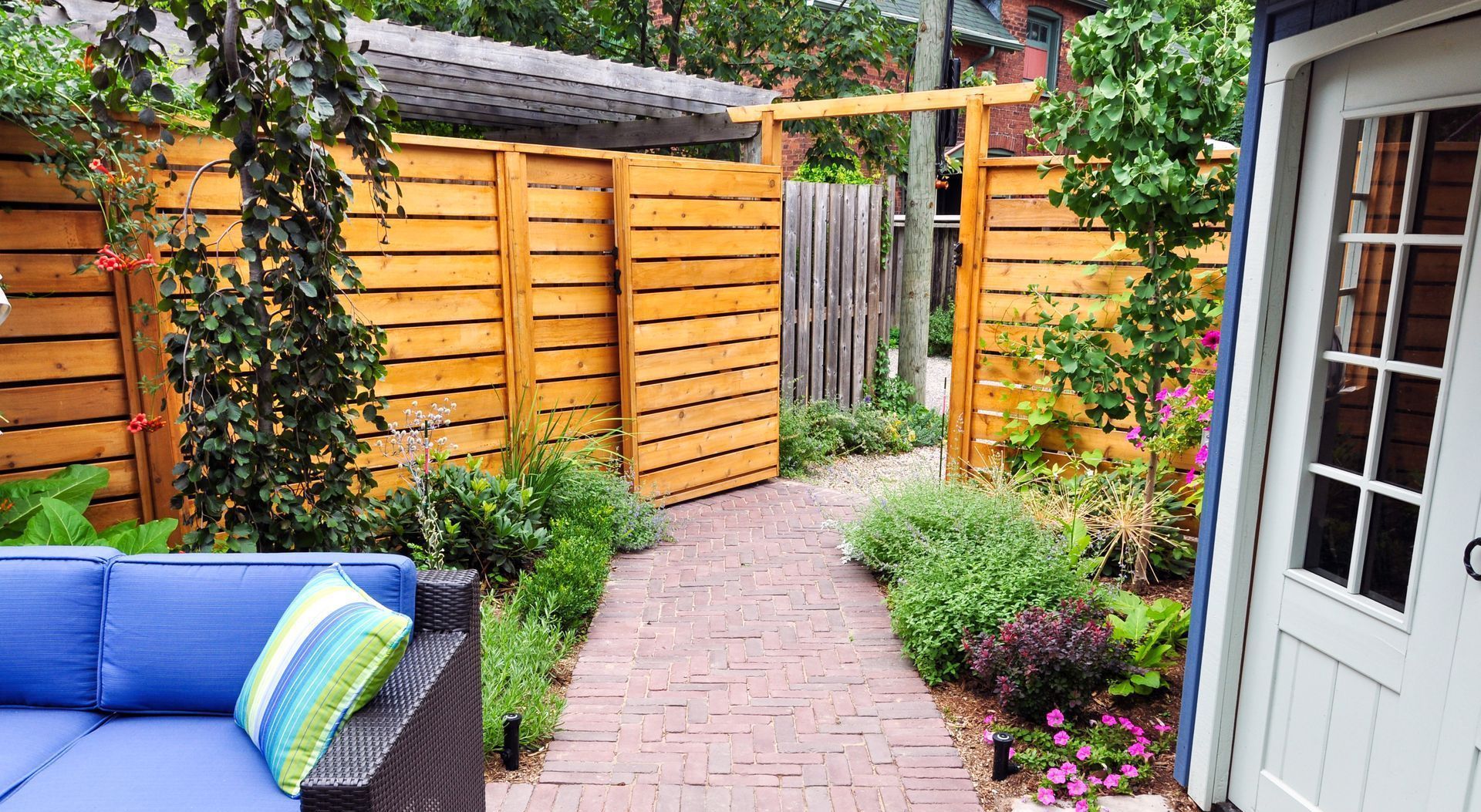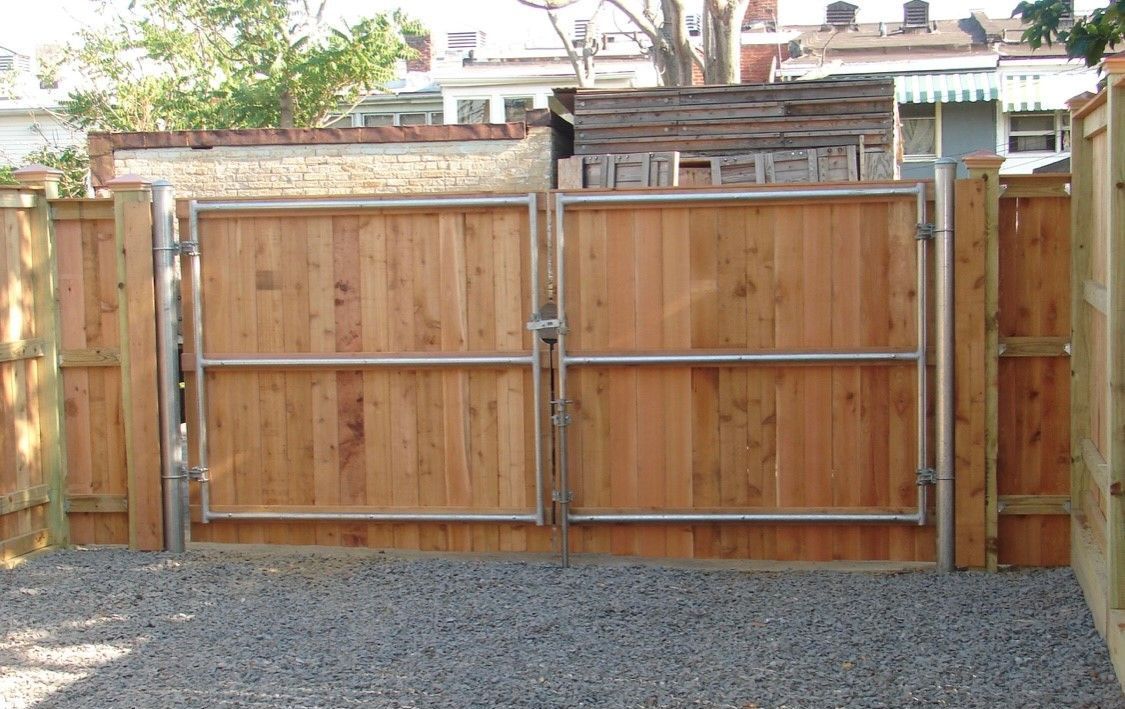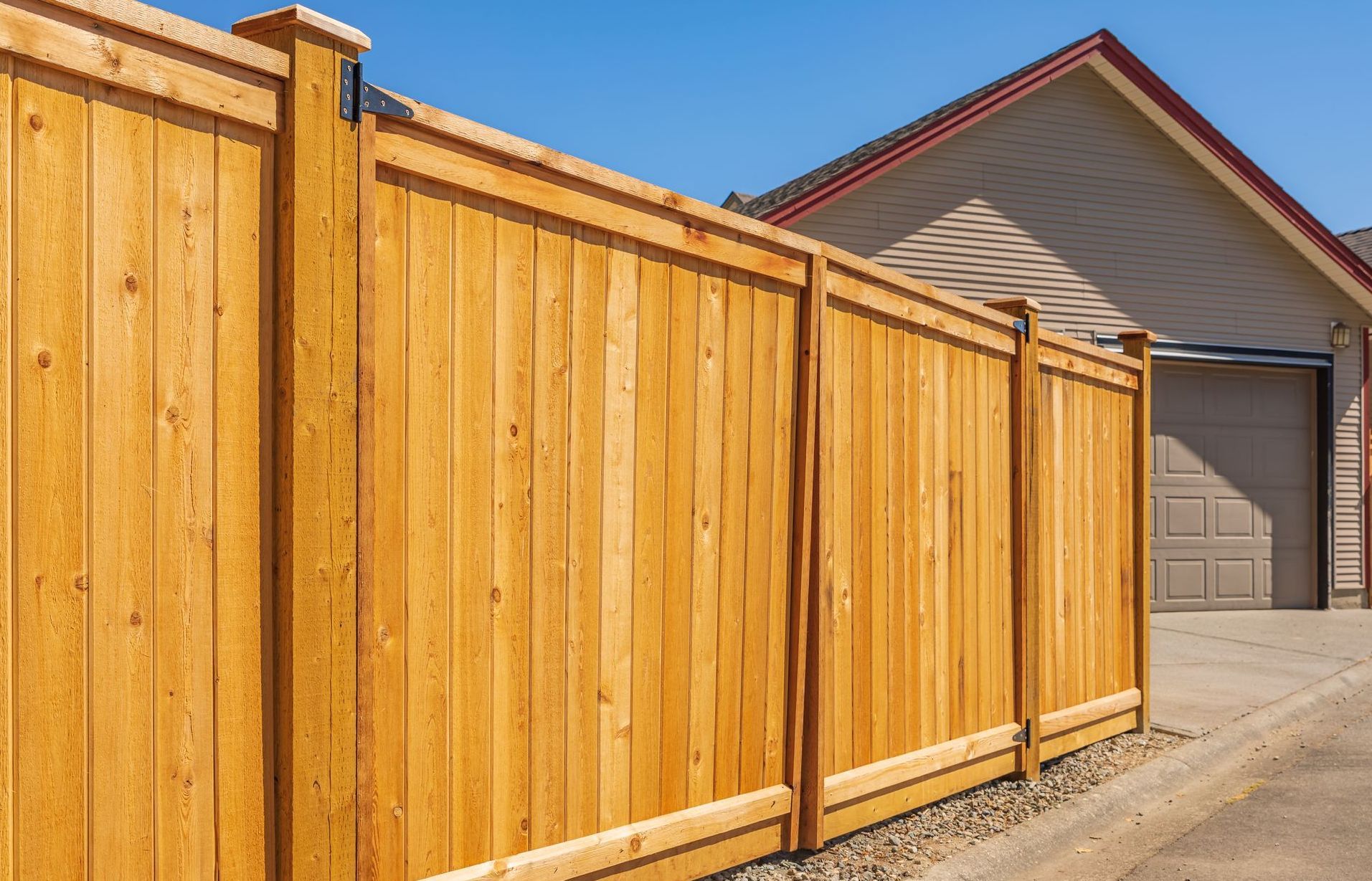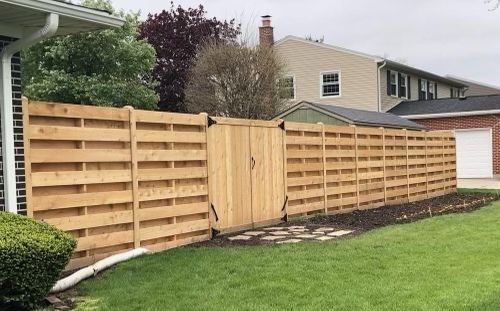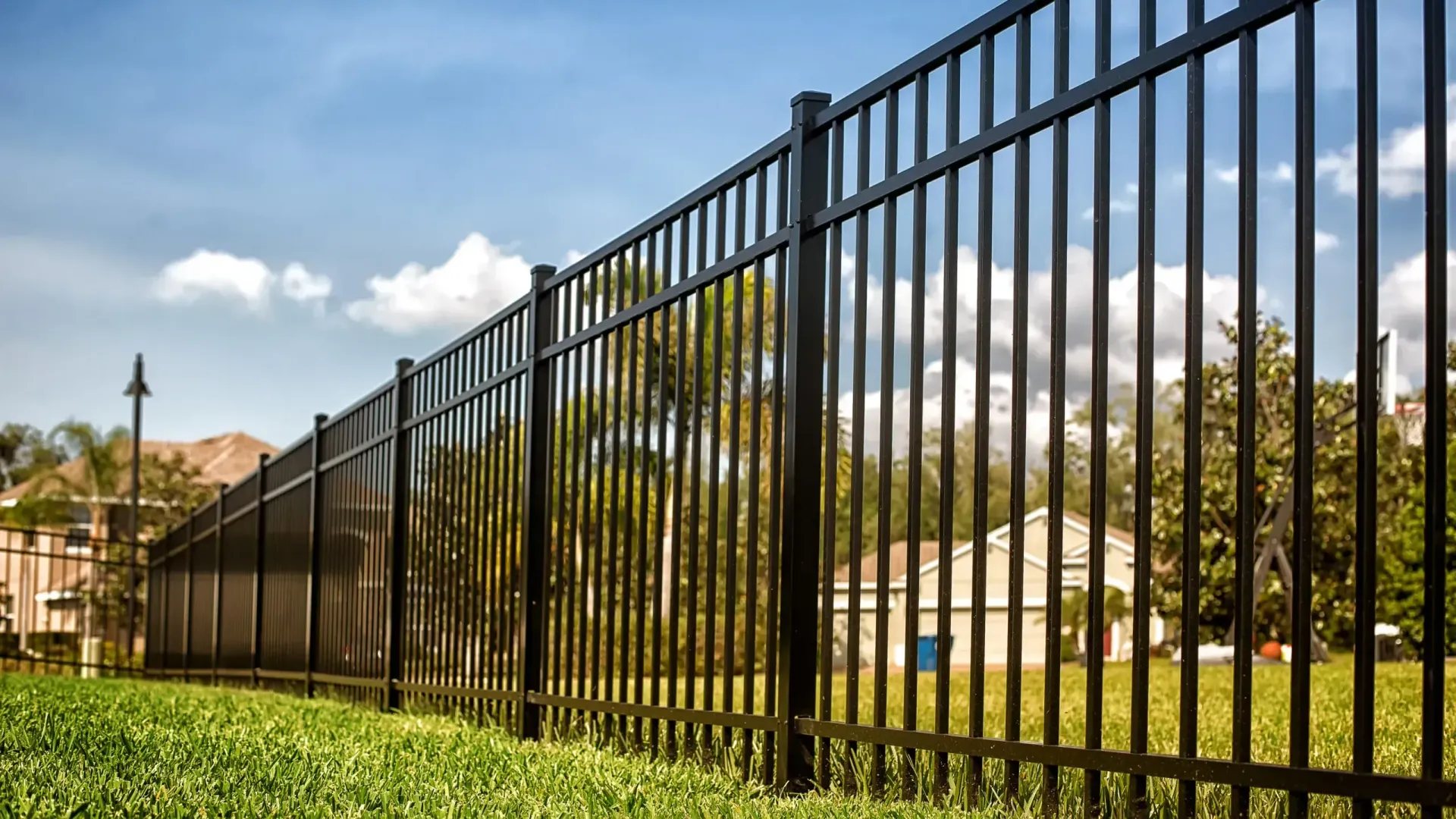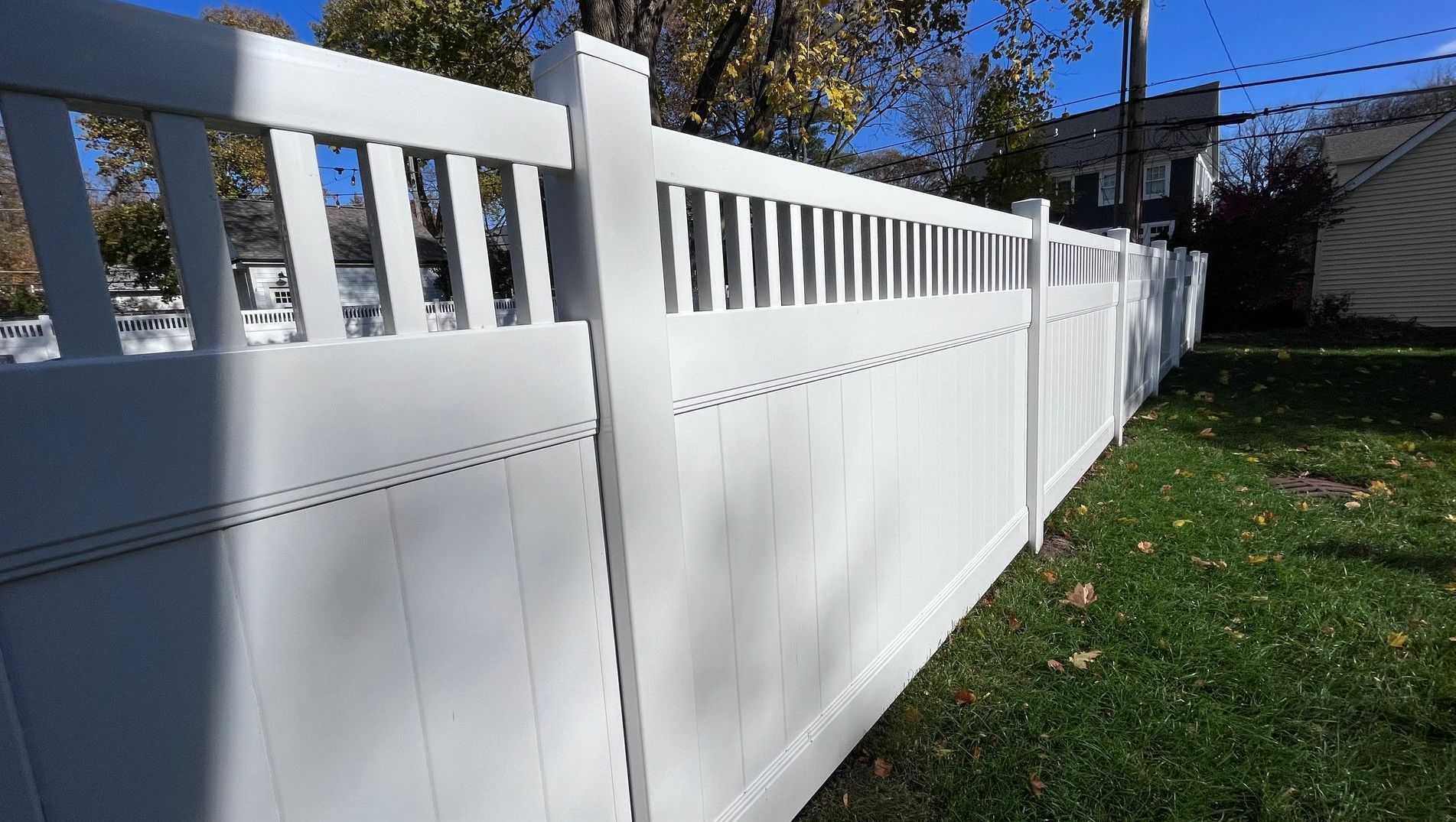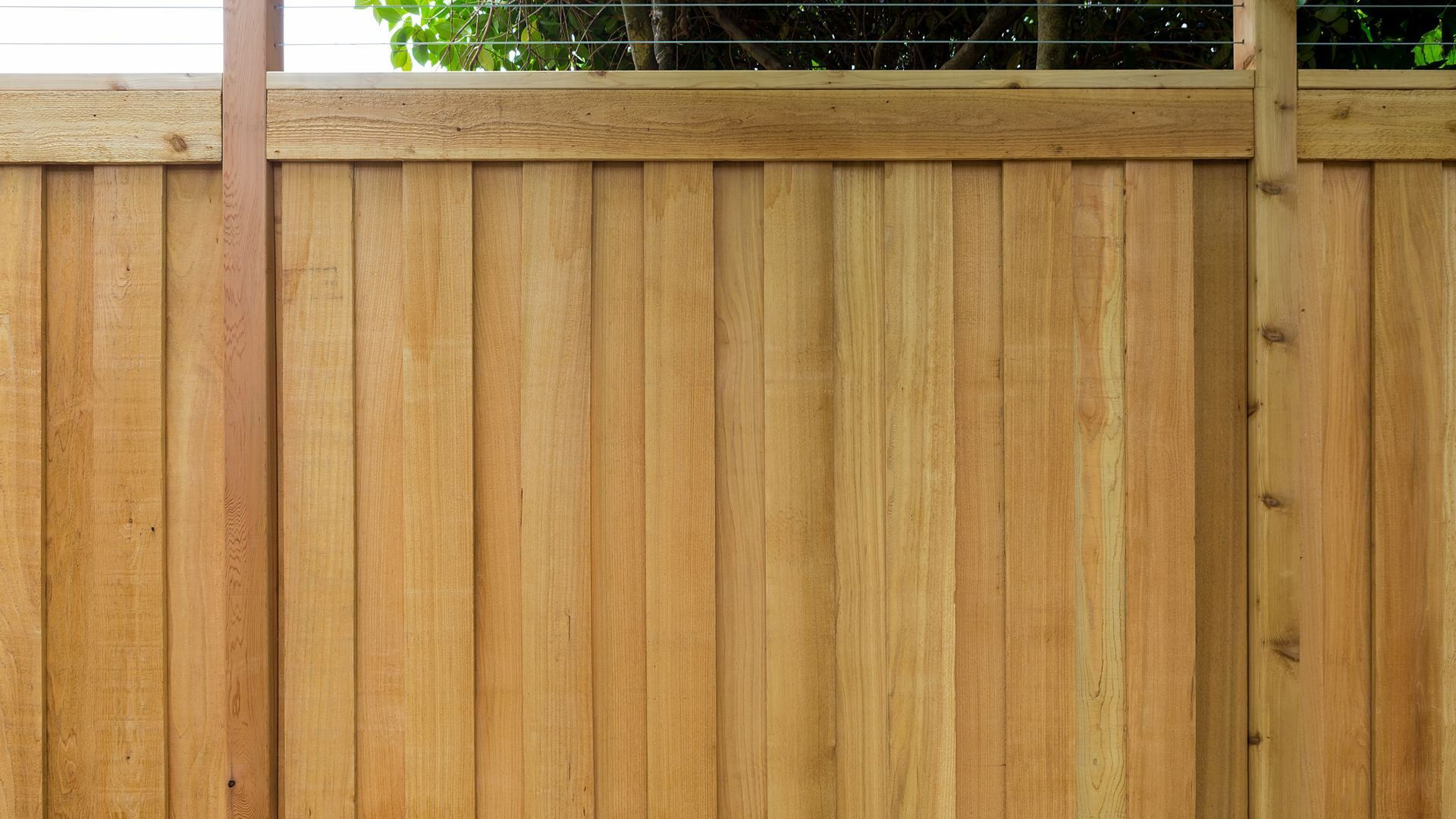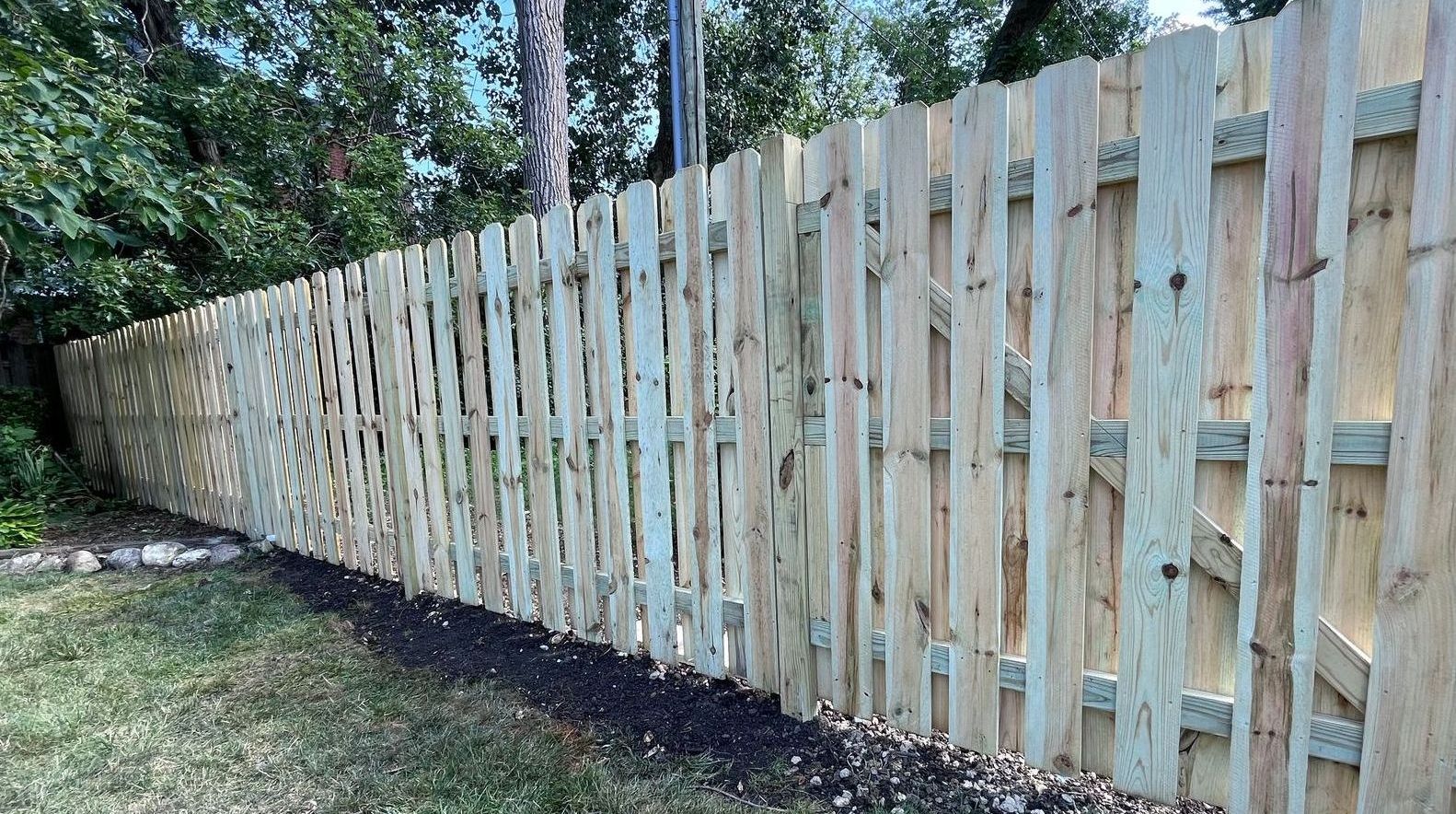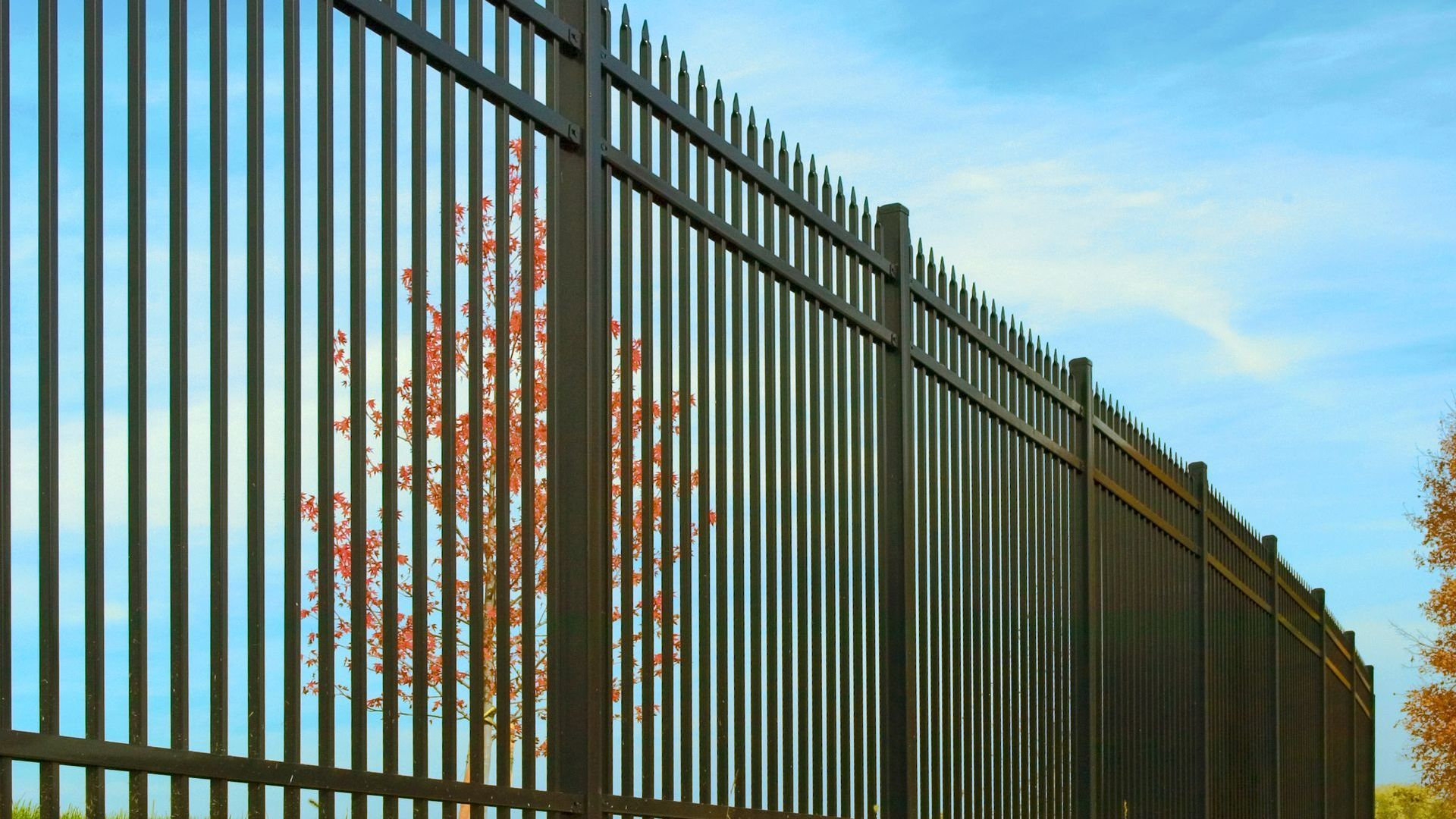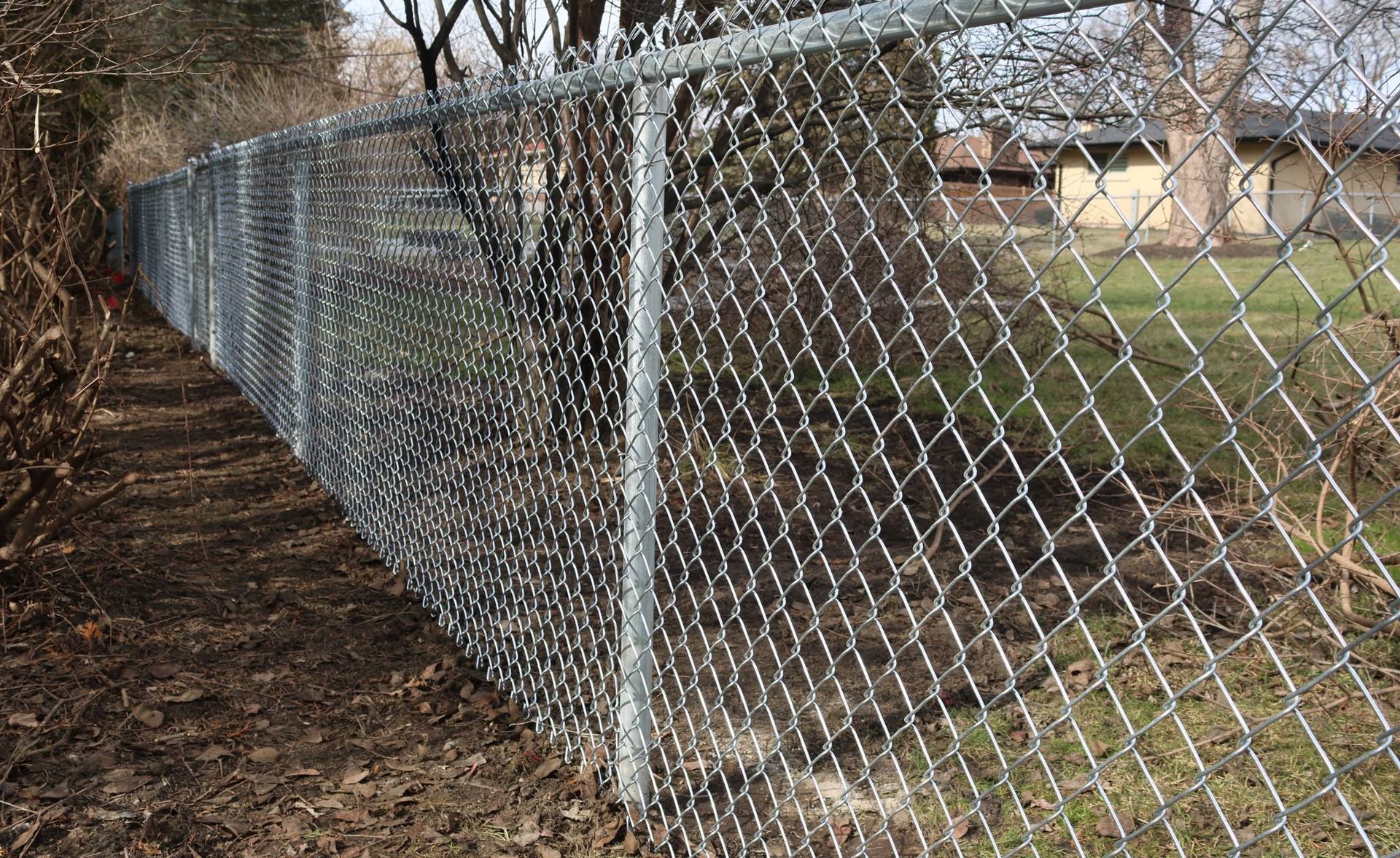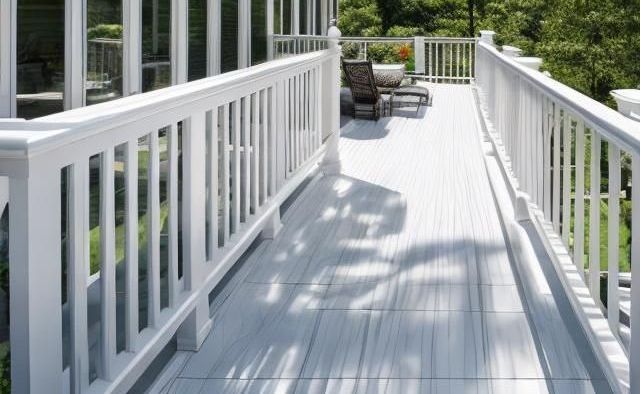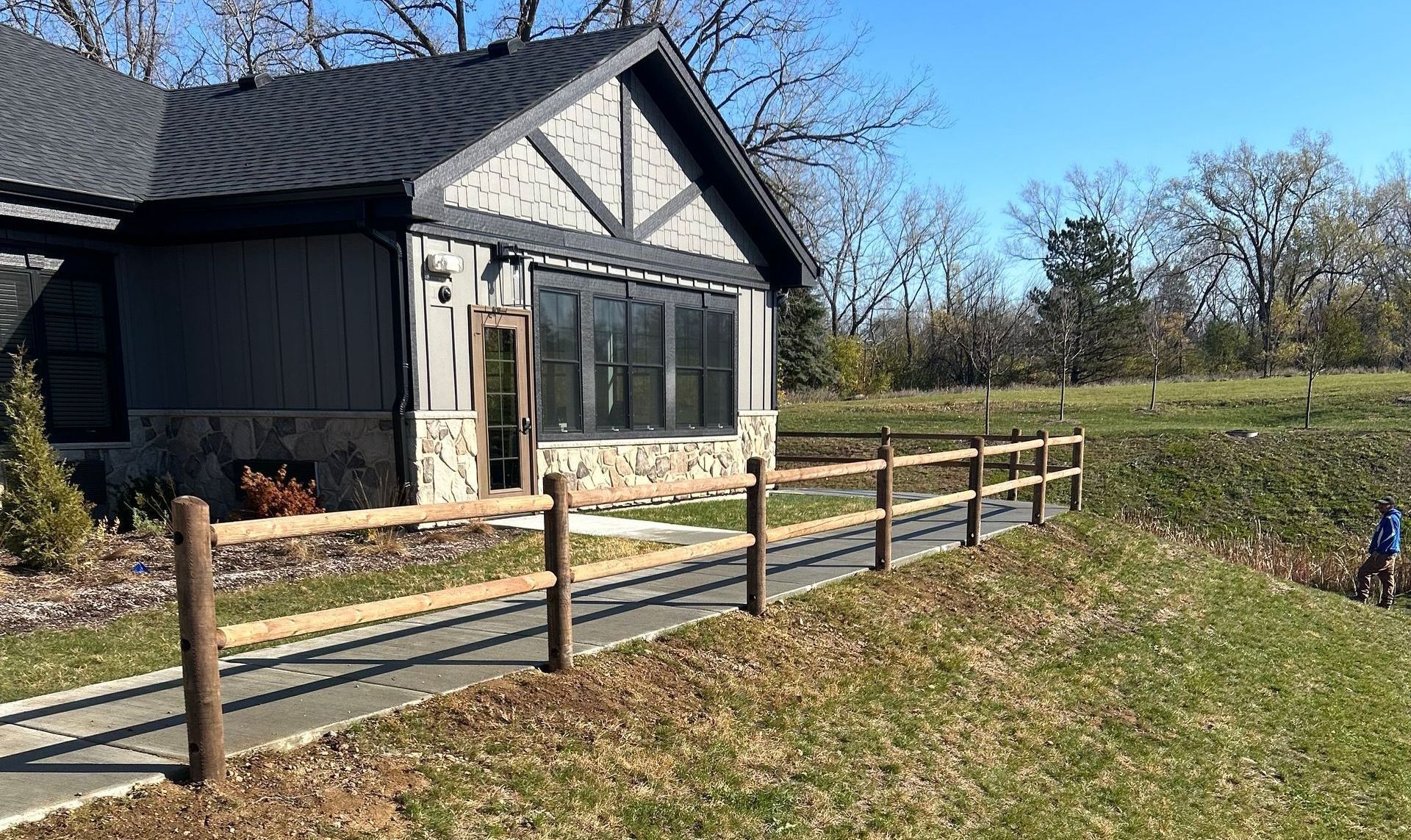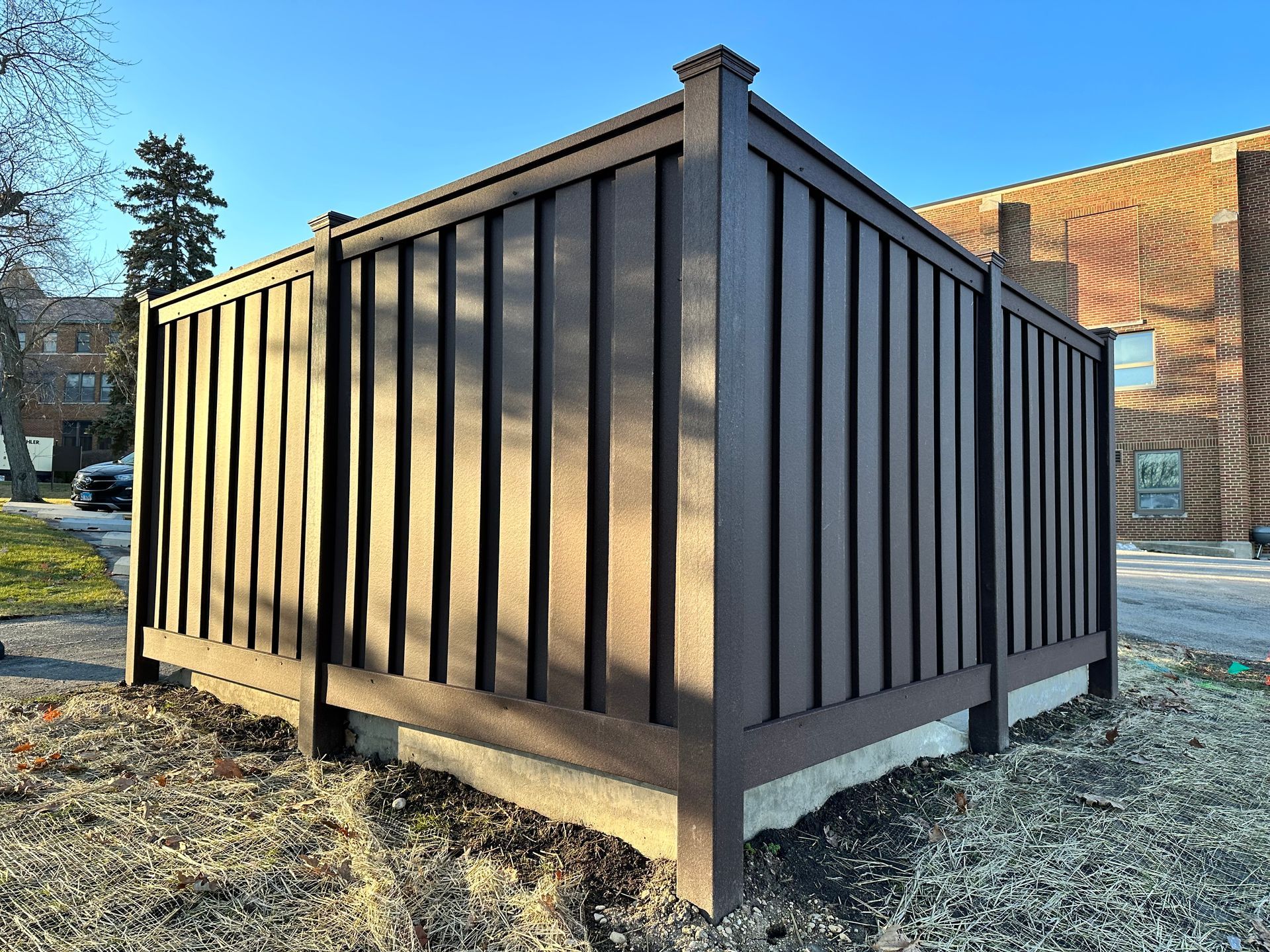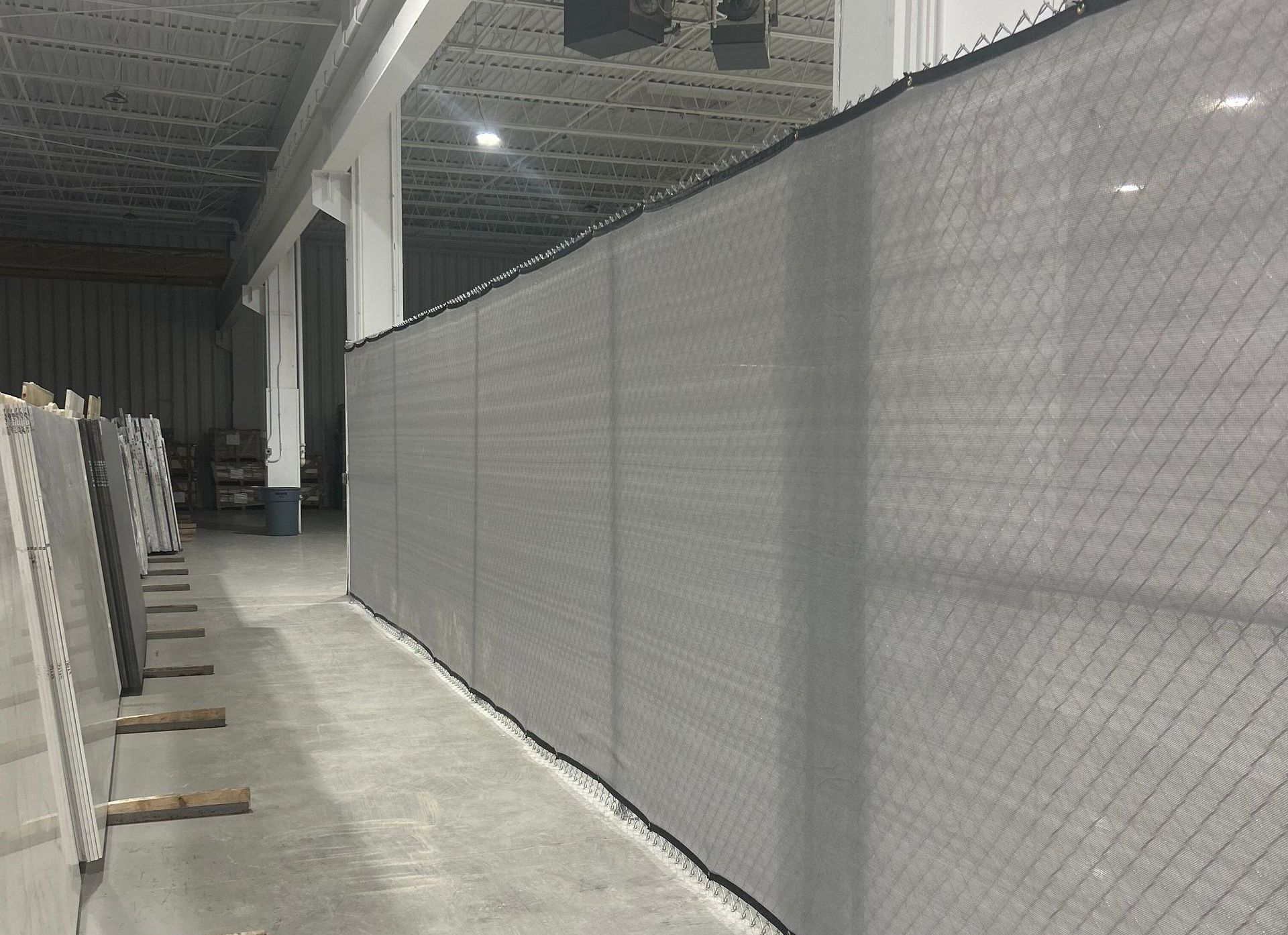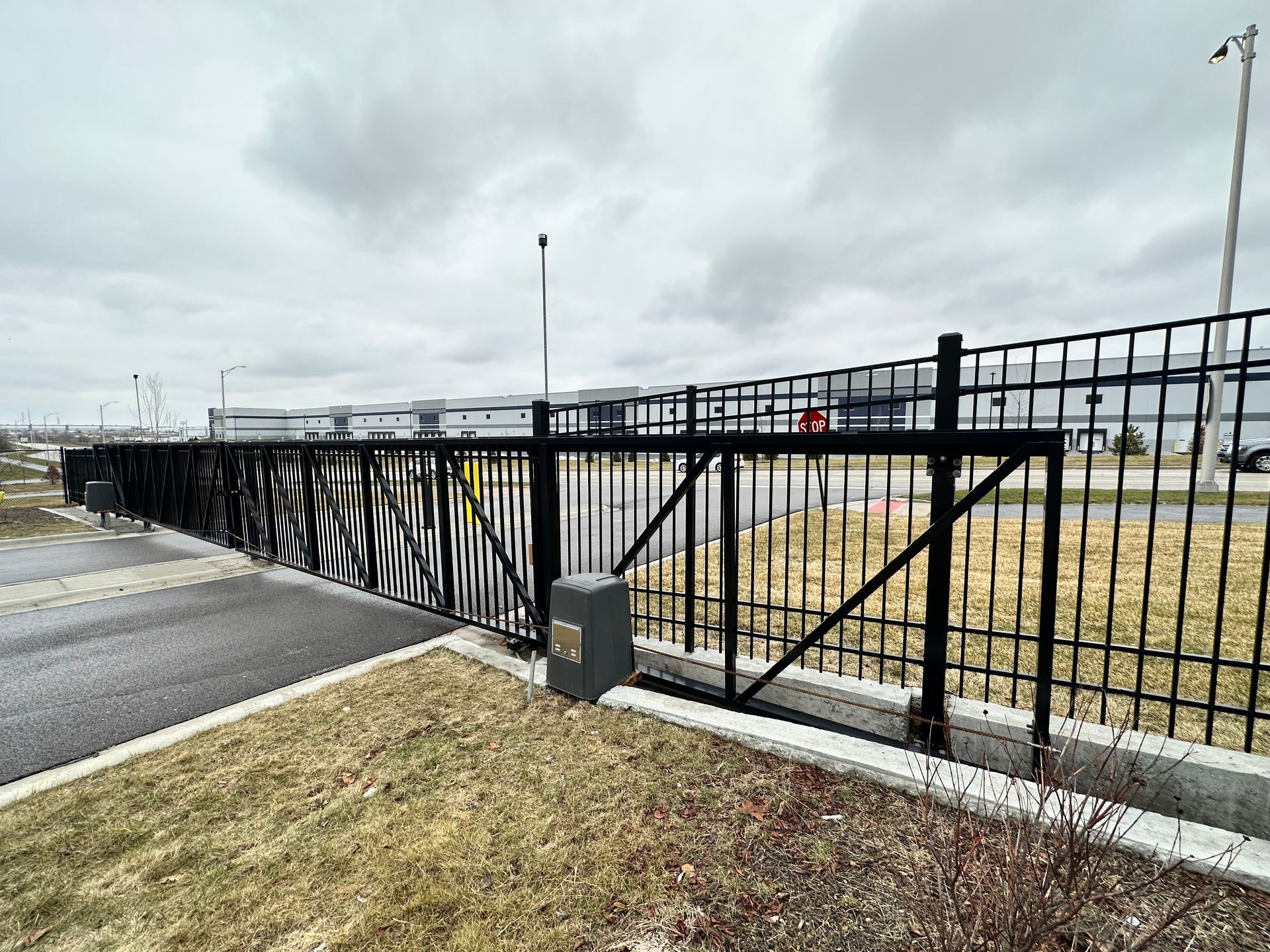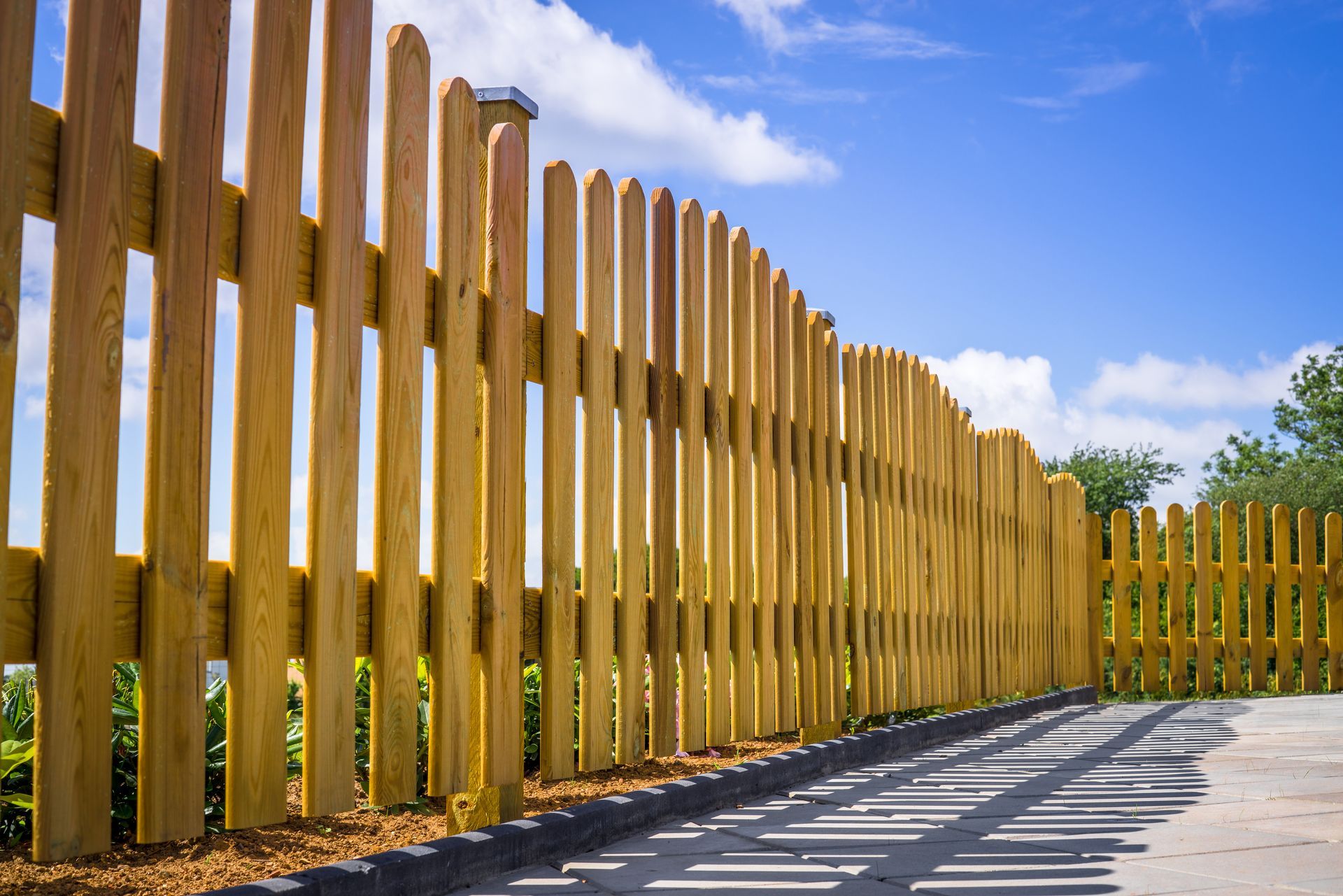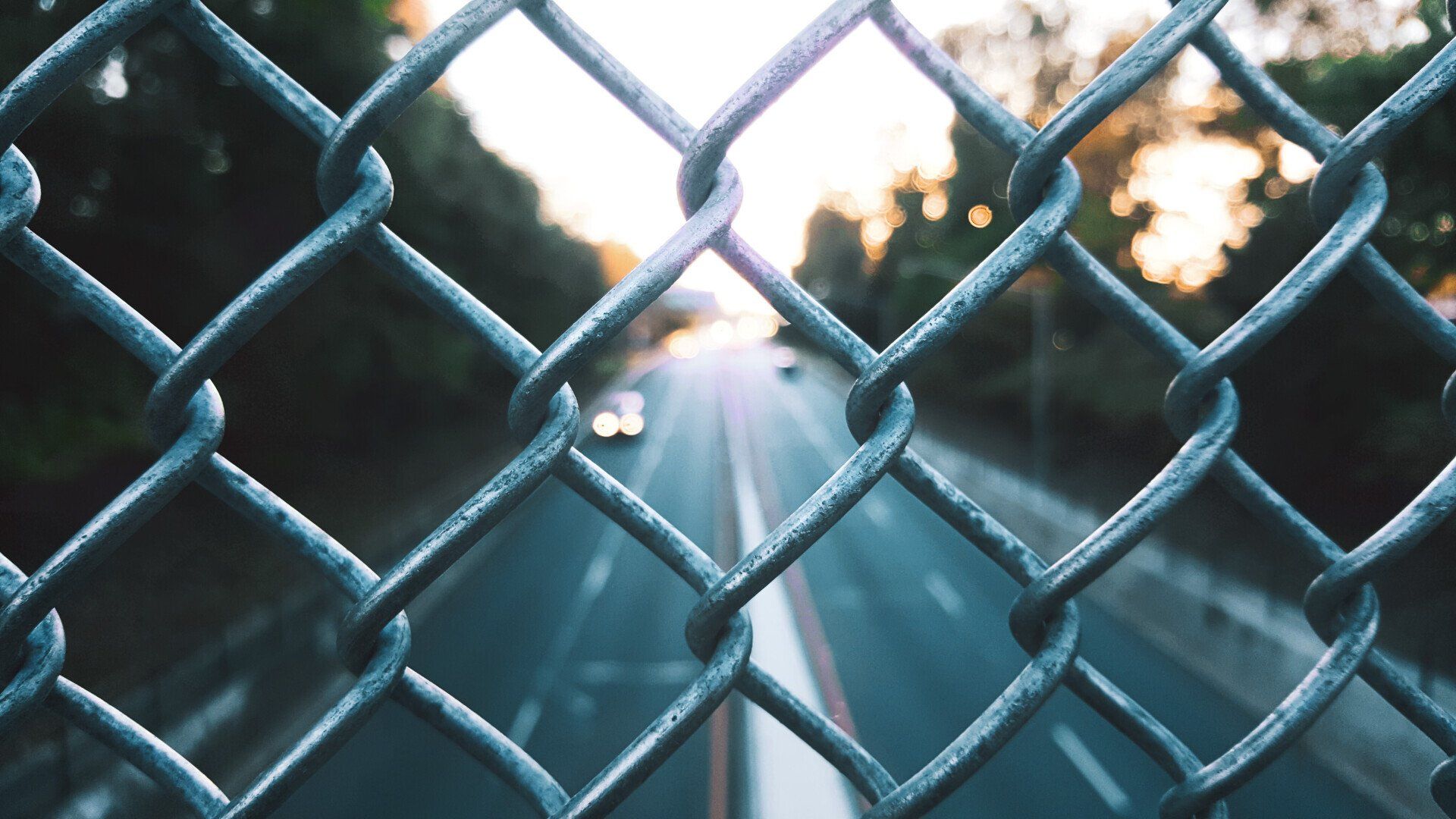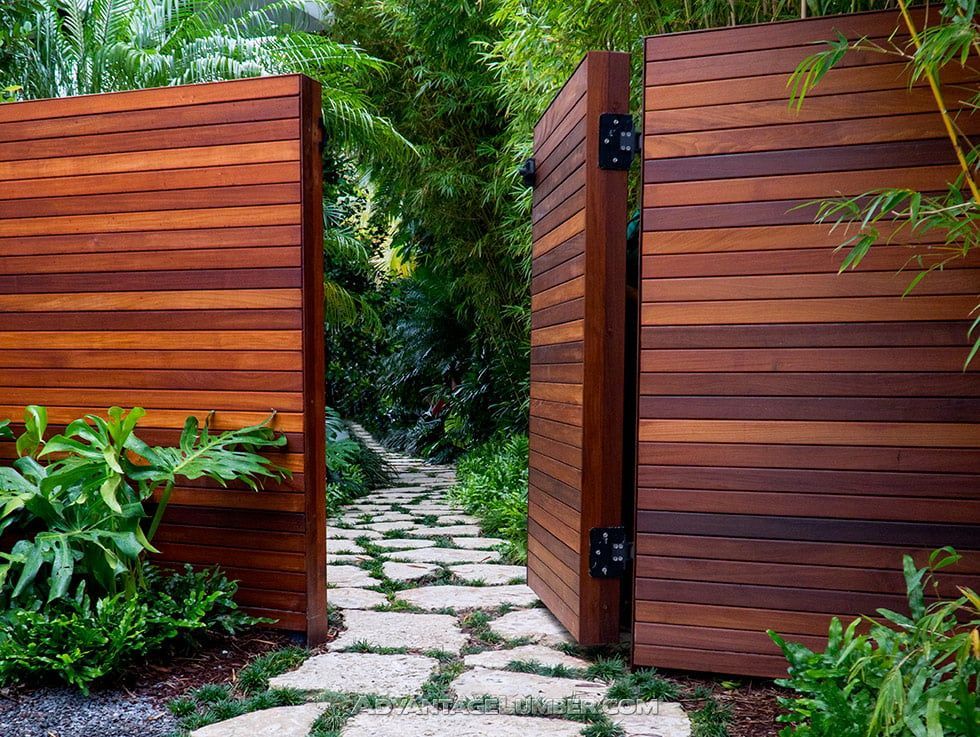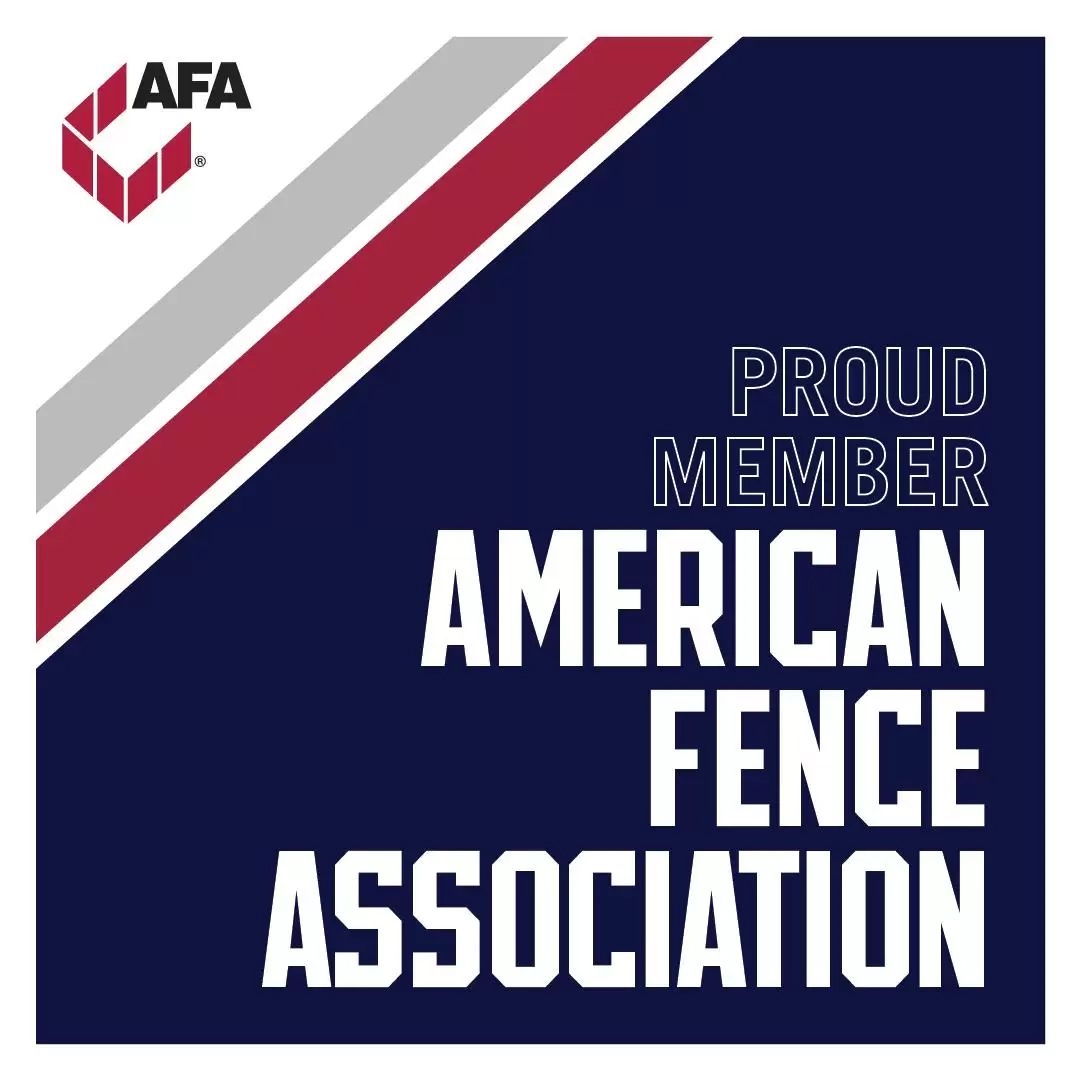Horizontal Fence Installation in Illinois
Installing a horizontal fence in Illinois is a stylish and functional way to enhance your property's privacy, security, and curb appeal. This comprehensive guide explores the benefits of horizontal fencing, material options, and considerations for homeowners across Illinois, including the suburban Chicagoland market.
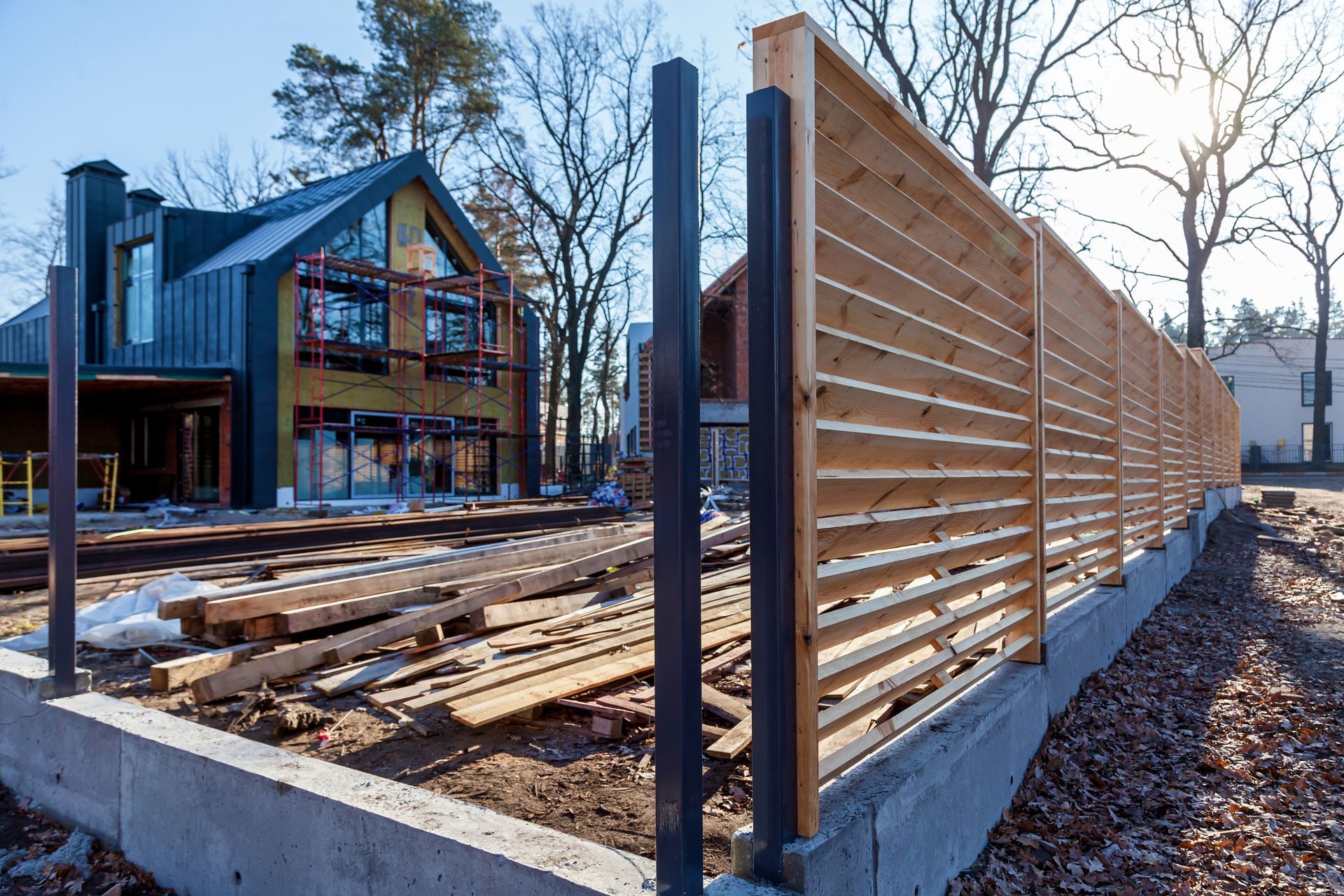
Why Choose Horizontal Fencing?
Horizontal fences offer a modern, sleek appearance that sets them apart from traditional vertical designs. They can make outdoor spaces appear more expansive and are ideal for contemporary home styles. However, they require precise installation and high-quality materials to prevent sagging and ensure longevity. Due to their complexity, it's advisable to hire experienced professionals for installation.
Horizontal fence installation has become a rising trend among Illinois homeowners seeking a modern, upscale aesthetic for their outdoor spaces. Unlike traditional vertical fences, horizontal boards run parallel to the ground, creating clean lines and a sleek, contemporary look. This design not only elevates the appearance of a property but can also give the illusion of a wider, more open yard—an advantage in both suburban and urban settings.
Horizontal fences are also incredibly versatile. They can be built using various materials like cedar, composite, aluminum, vinyl, and pressure-treated pine. Each material offers its own benefits in terms of durability, maintenance, and style, giving homeowners plenty of options to match their preferences and budgets.
Proper horizontal fence installation requires attention to detail and craftsmanship. It’s essential to ensure structural support, correct spacing, and high-quality fasteners to prevent warping or sagging over time. A well-installed horizontal fence adds curb appeal, increases property value, and provides privacy while maintaining a refined architectural appearance. Whether you're in Naperville, Schaumburg, or Hinsdale, horizontal fencing offers a timeless upgrade to any home.
Horizontal Fence Installation Requirements
It's imperative that clients looking for horizontal fence installation understand how they are built. Horizontal fencing requires shorter panel length (distance between posts). Panel length cannot exceed 6 feet without adding a center brace board. Traditionally, fences are installed with a 6 foot spacing between posts. This requires more materials (more posts and pickets). This only applies to wood horizontal fencing, as composite, aluminum, and vinyl come in 8' wide sections and don't require a center brace. If a center brace is not used for sections longer than 6 feet in length, the potential for warping is high and will not be aesthetically pleasing to the eye. It will also not be structurally sound.
Second thing to keep in mind is sloping or grade changes within the yard. Grade changes require the fence to be "stepped" as a horizontal fence cannot be "racked" like a vertical board style. Stepping requires the fence to be installed at different heights panel to panel. If you have grade changes within your yard, the fence will need to be stepped panel to panel.
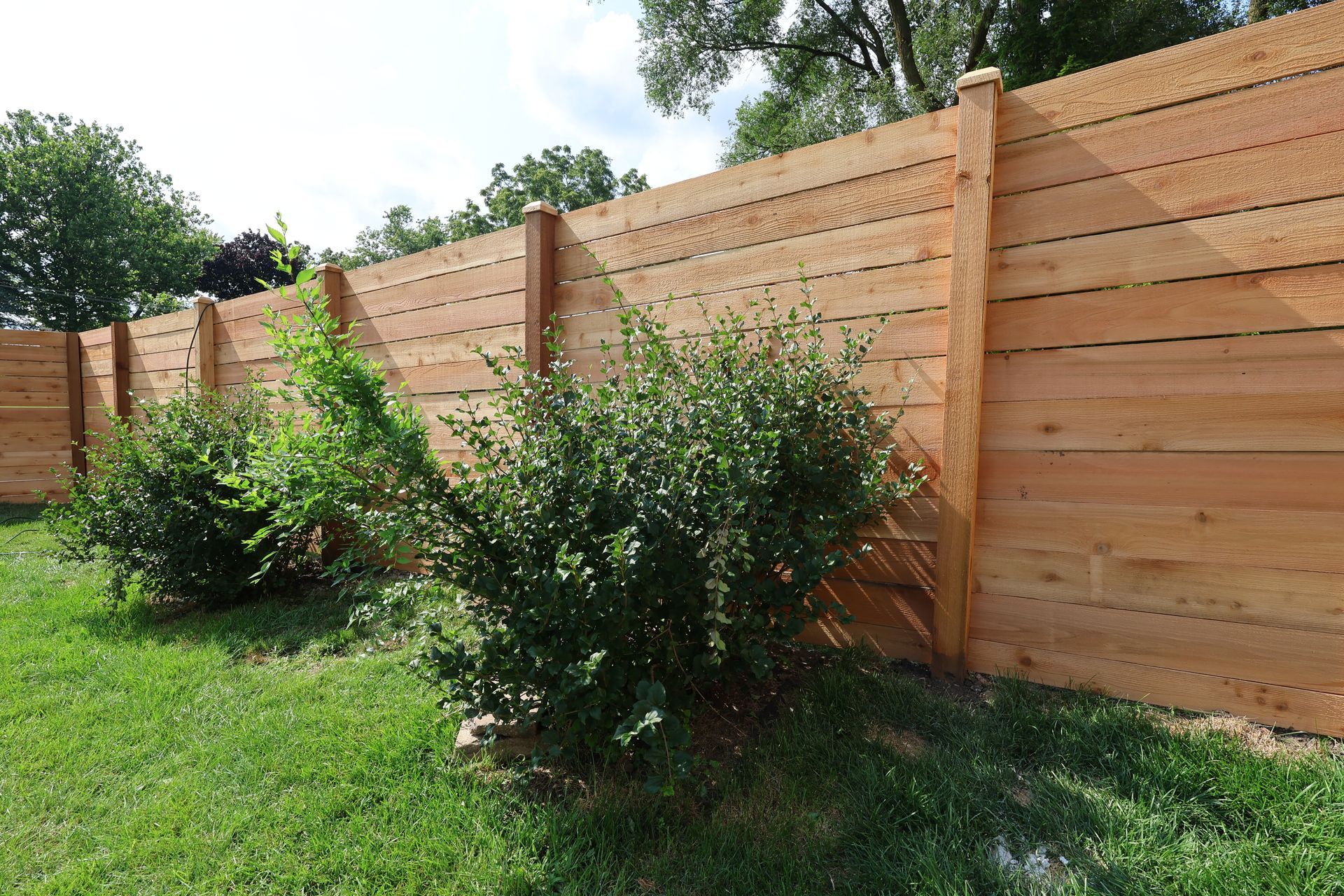
Material Options for Horizontal Fences
Selecting the right material is crucial for durability and aesthetics. Here are popular choices:
Cedar
Cedar is naturally resistant to decay and insects, making it a durable and attractive option. Its rich color and grain add warmth to any landscape.
Pine
Pressure-treated pine is a cost-effective choice that resists rot and pests. It's versatile and can be stained or painted to match your desired look.
Aluminum
Aluminum fences are lightweight, rust-resistant, and require minimal maintenance. They offer a sleek, modern appearance and are ideal for contemporary homes.
Composite
Composite materials combine wood fibers and plastic, resulting in a durable, low-maintenance fence that resists fading and staining. They come in various colors and textures to mimic natural wood. Composite is the most expensive option, but also the best option available on the market today.
Vinyl
Vinyl fencing is durable, weather-resistant, and easy to clean. It offers a clean, uniform look and is available in various styles and colors. Vinyl will cost a bit more than wood, but it offers a low maintenance and longer lifespan.

Professional Horizontal Fence Installation Services
Given the complexity of horizontal fence installation, it's essential to work with experienced professionals. A reputable fencing company will ensure proper alignment, structural integrity, and compliance with local regulations. They can also provide guidance on material selection and maintenance to keep your fence looking its best for years to come.
Horizontal Fencing in Illinois
Horizontal fencing is an excellent choice for Illinois homeowners seeking a modern, durable, and attractive boundary solution. By selecting the right materials and working with skilled professionals, you can enjoy a fence that enhances your property's beauty and functionality.
If you have any specific questions or need further information on horizontal fencing options in your area, feel free to contact us!
Fence Installation Blog
